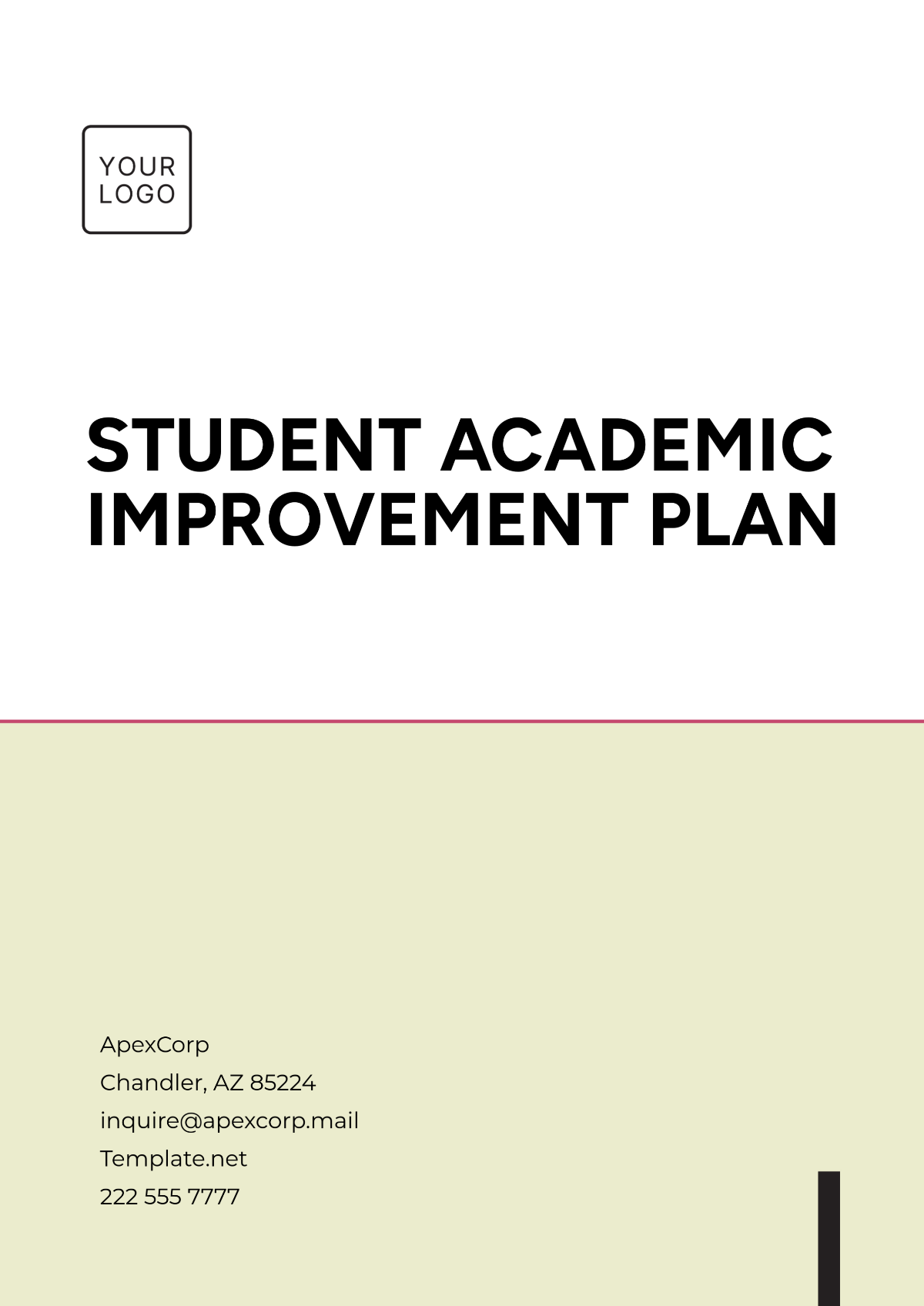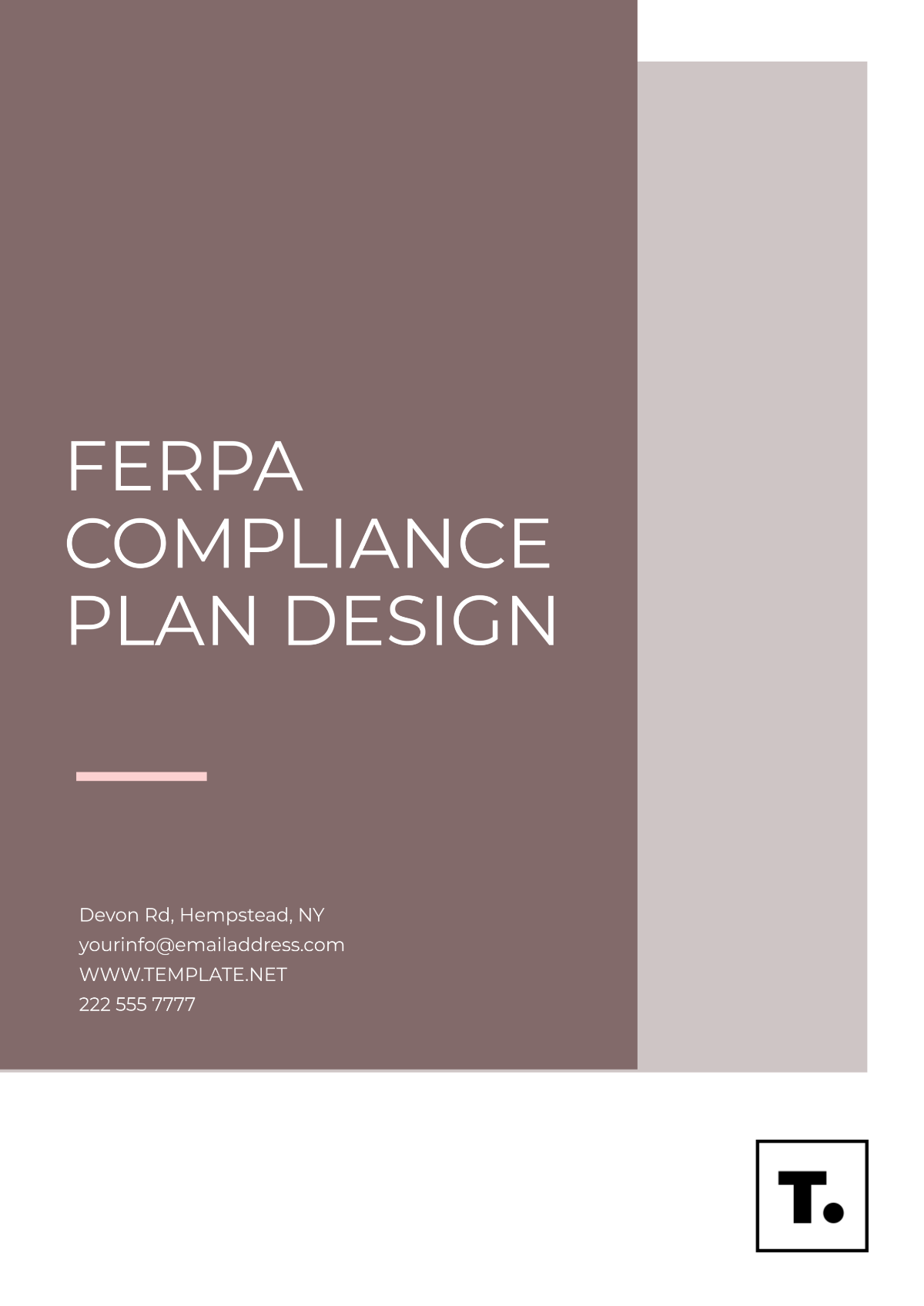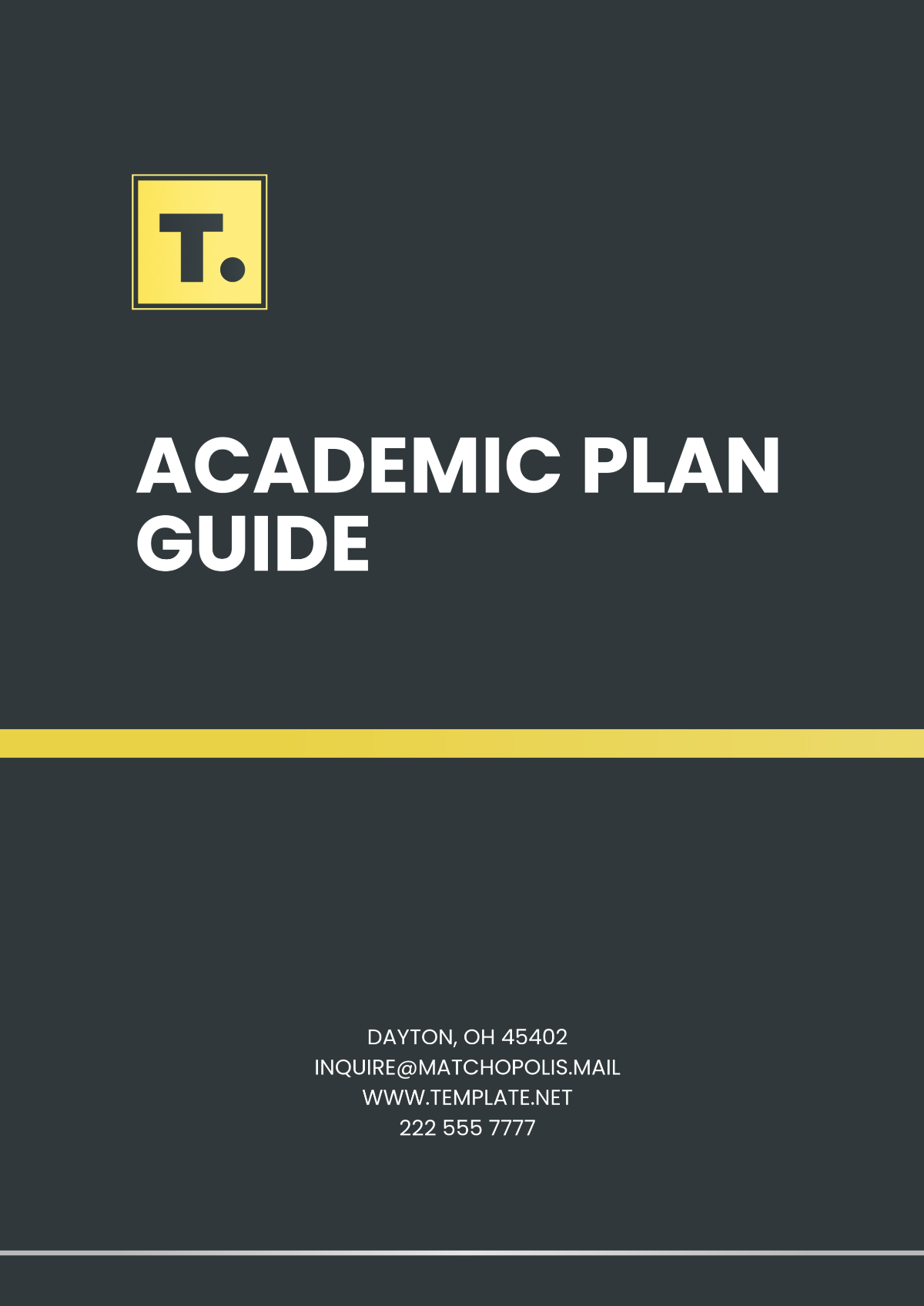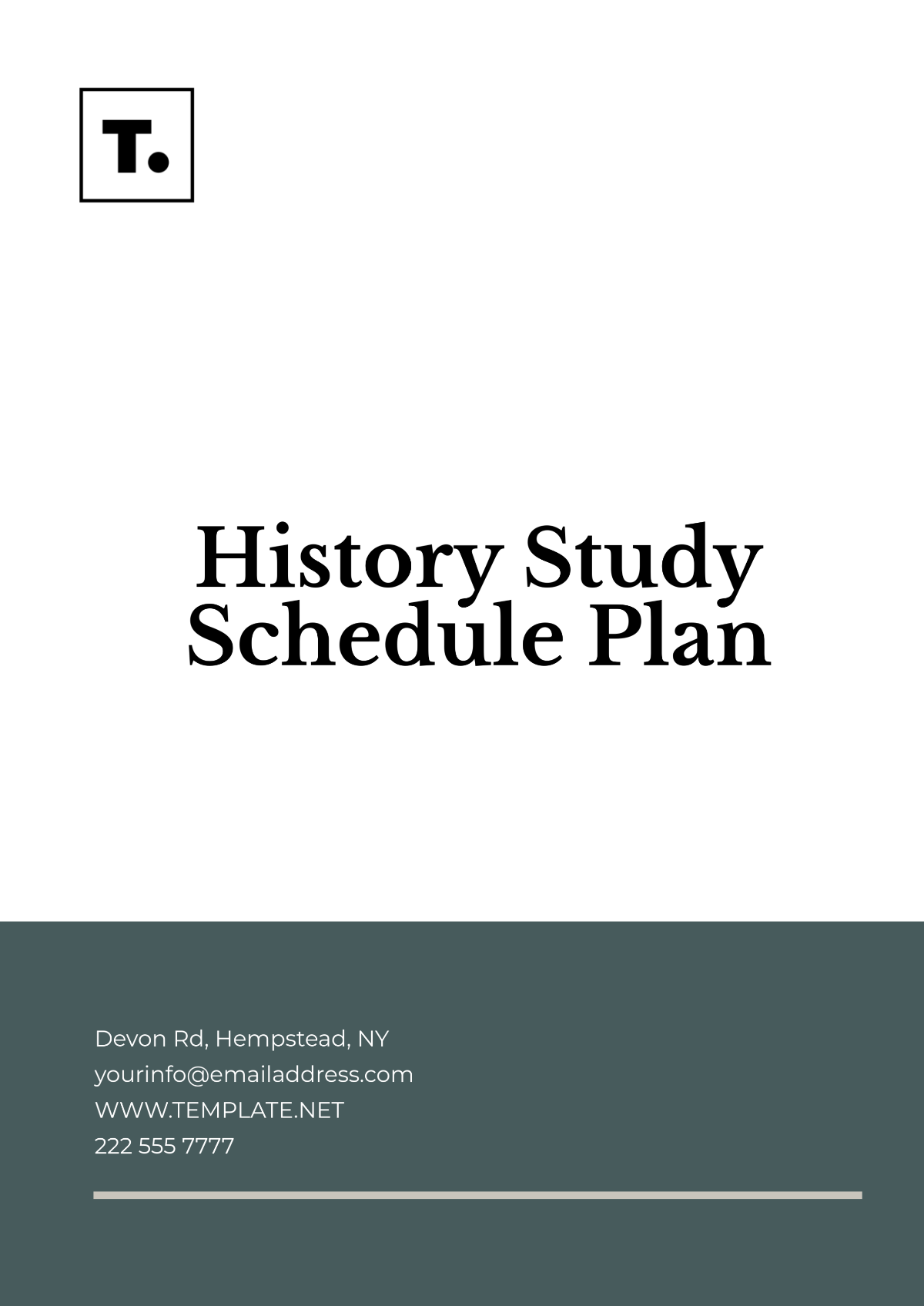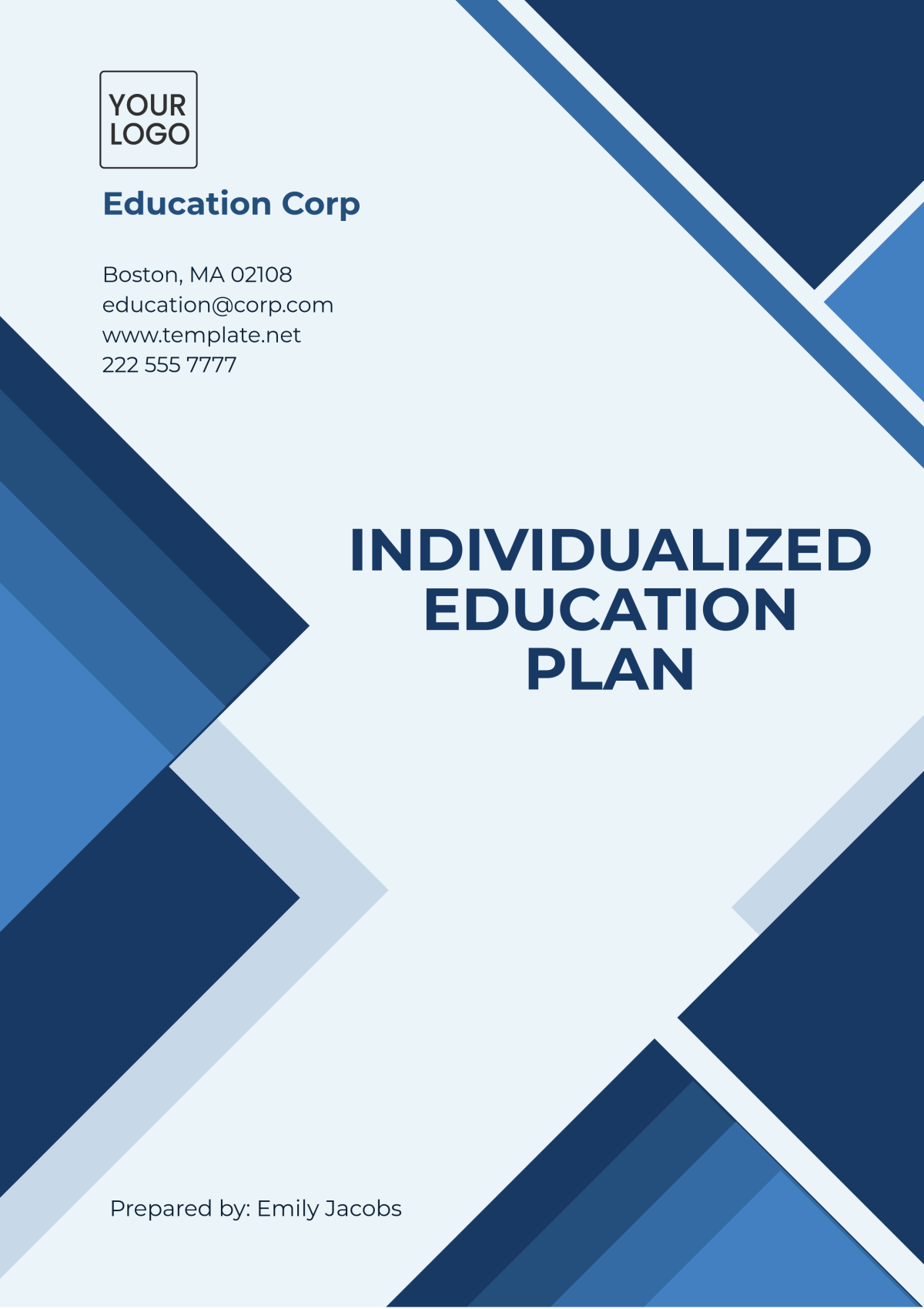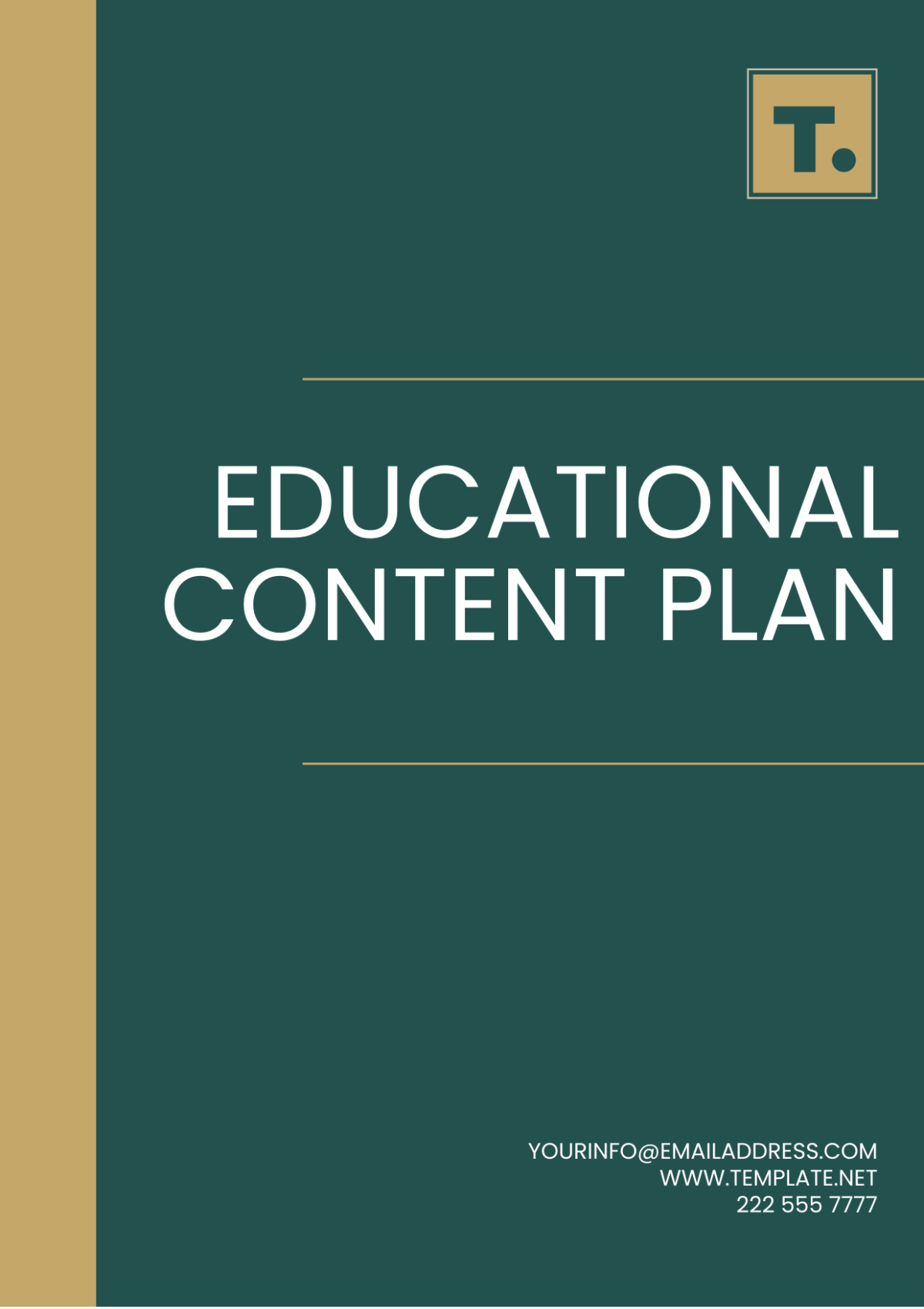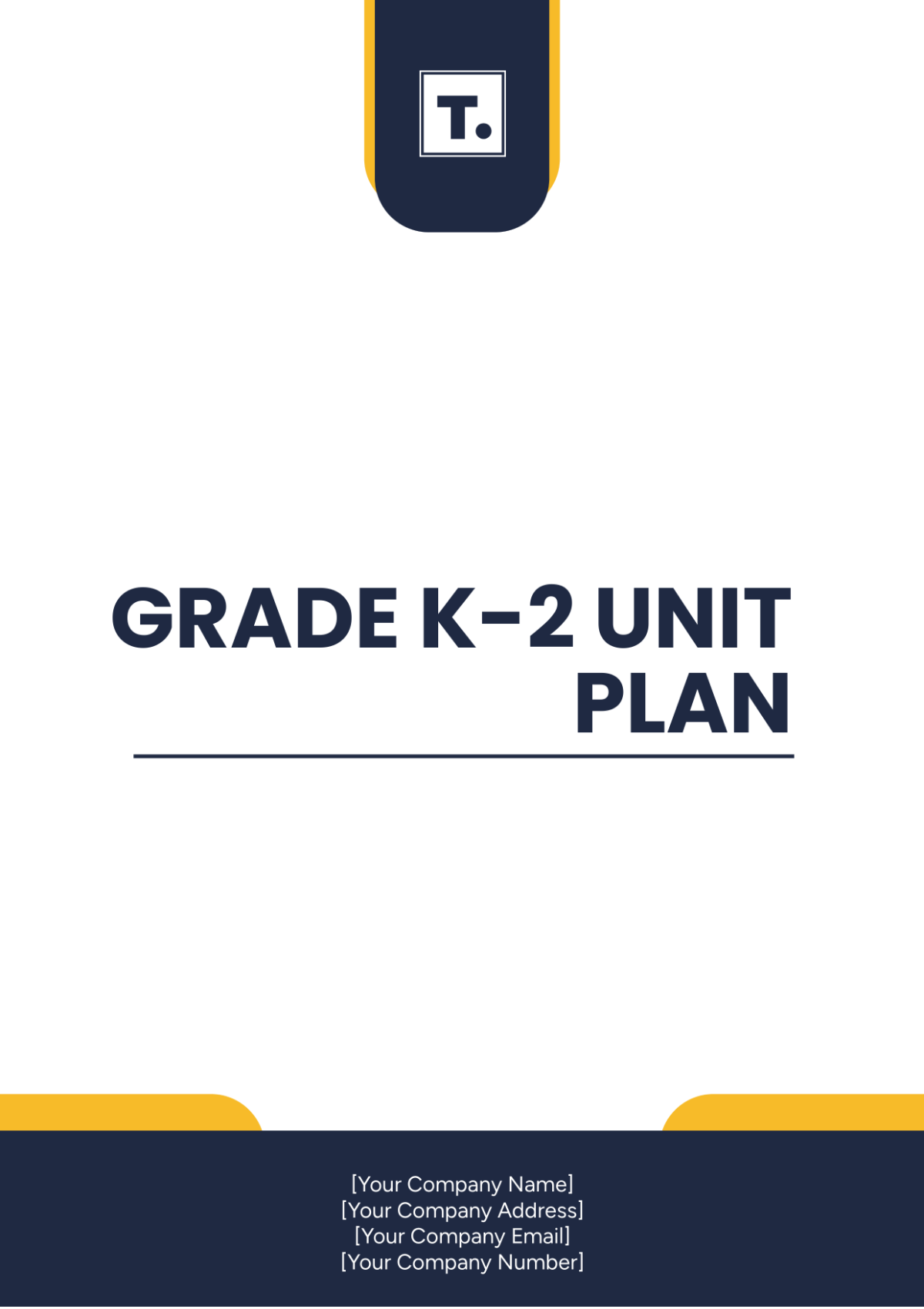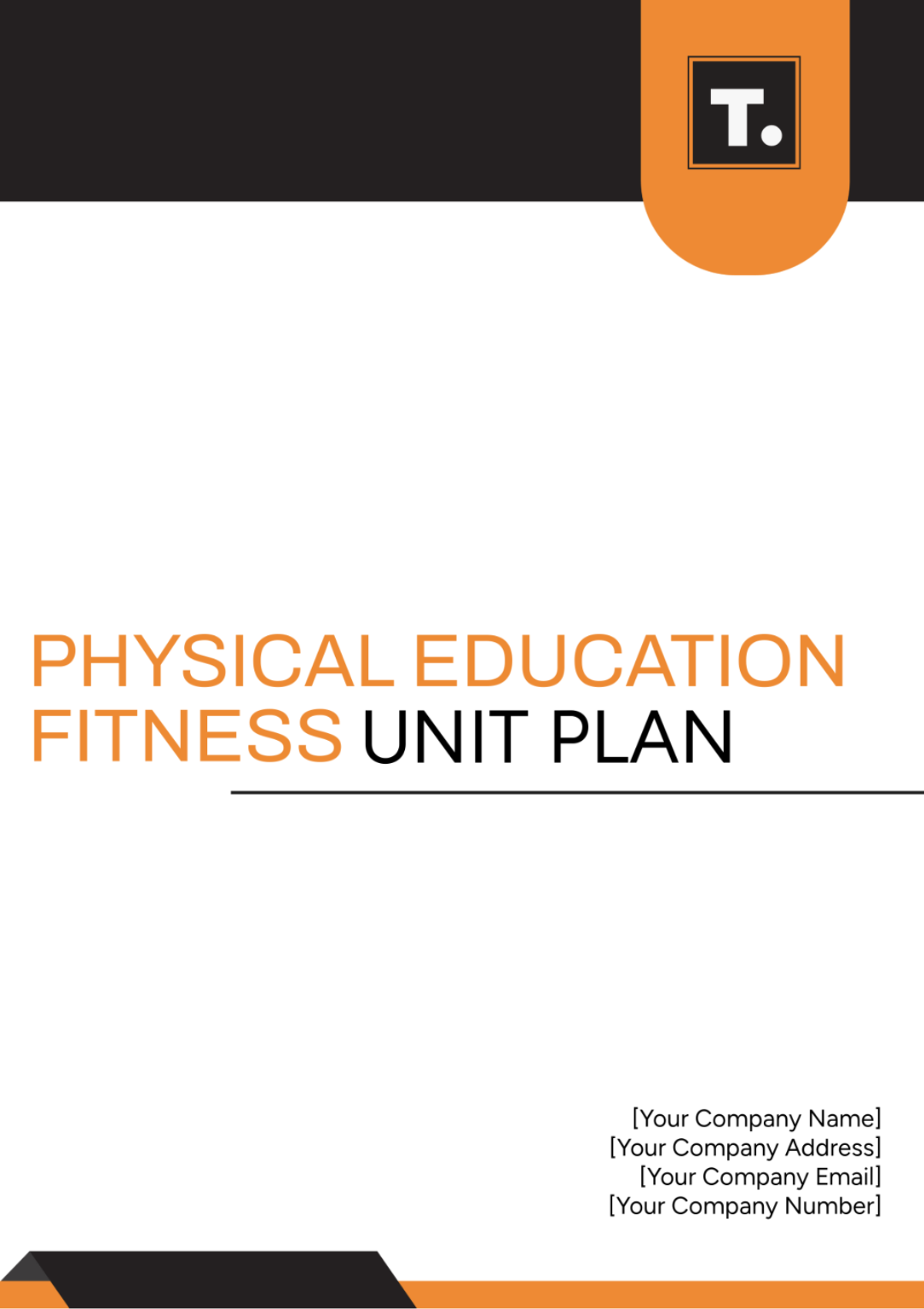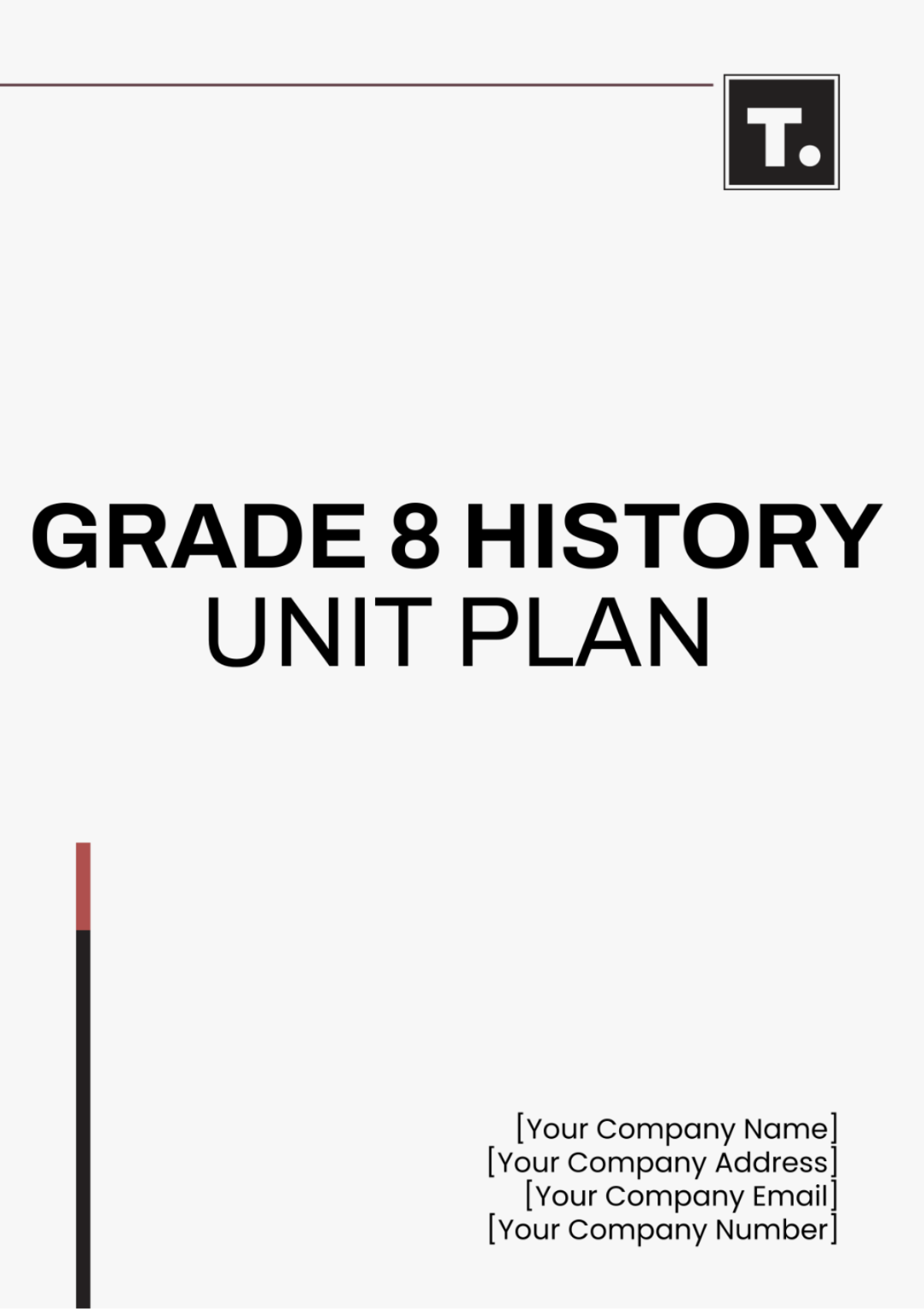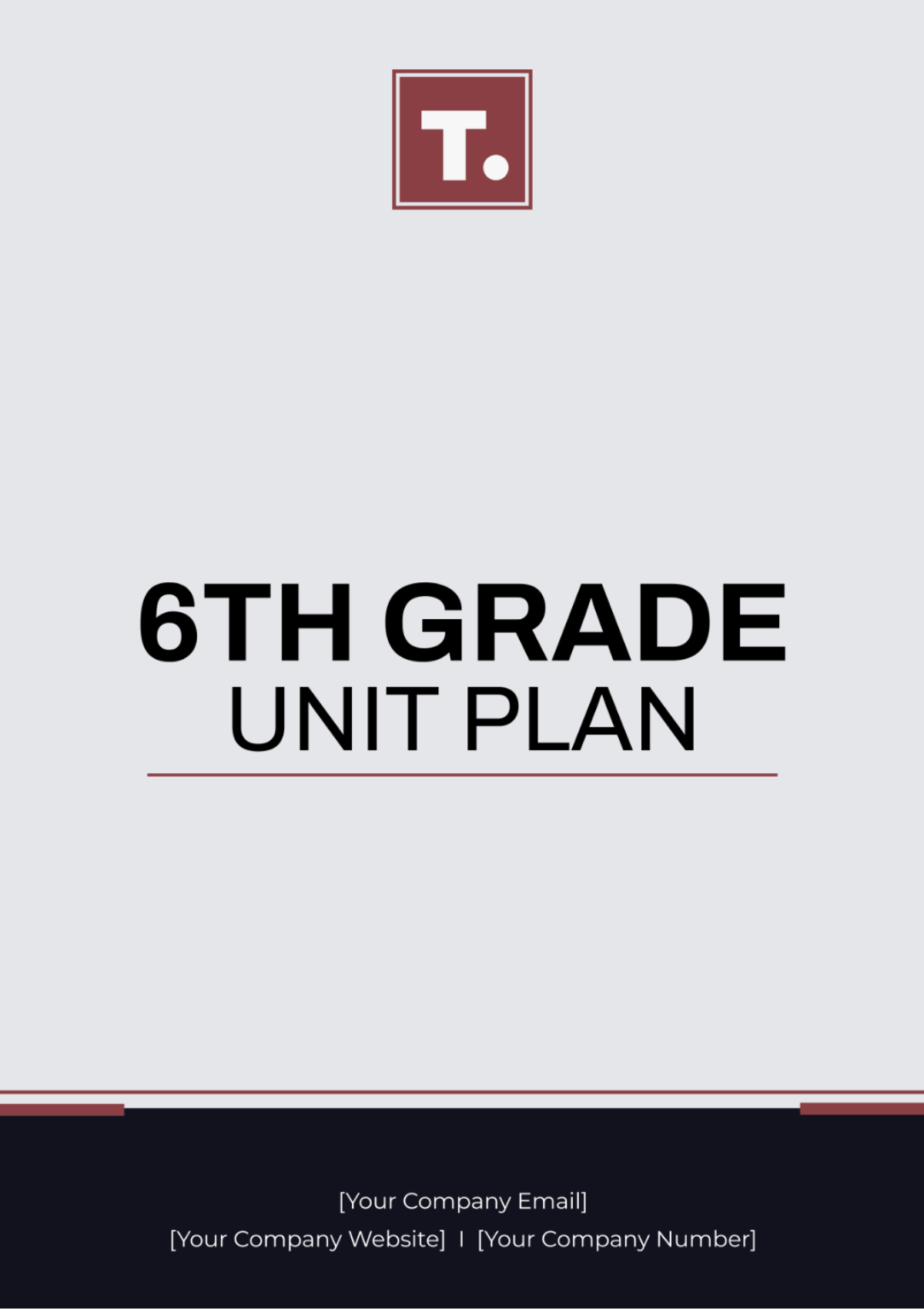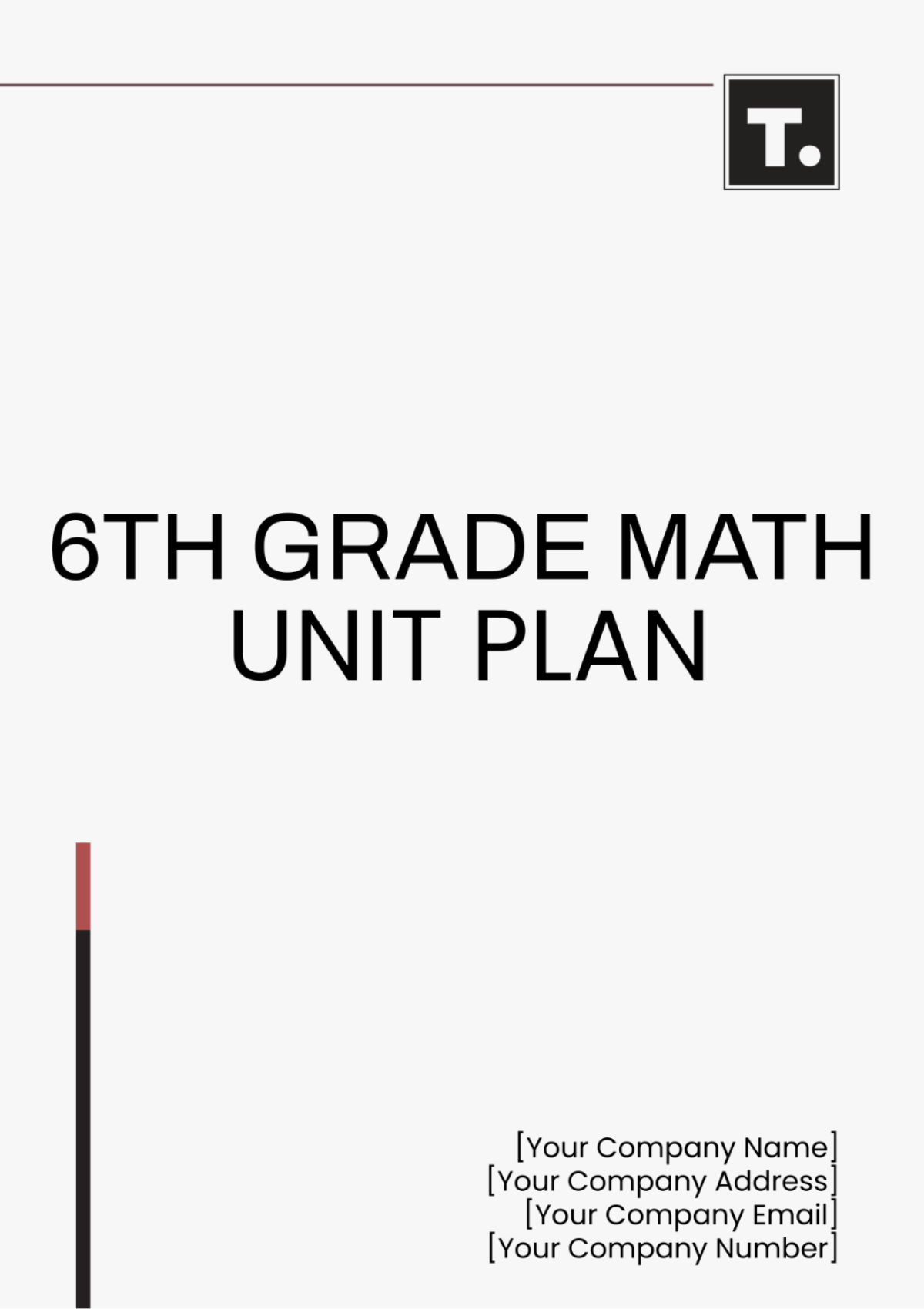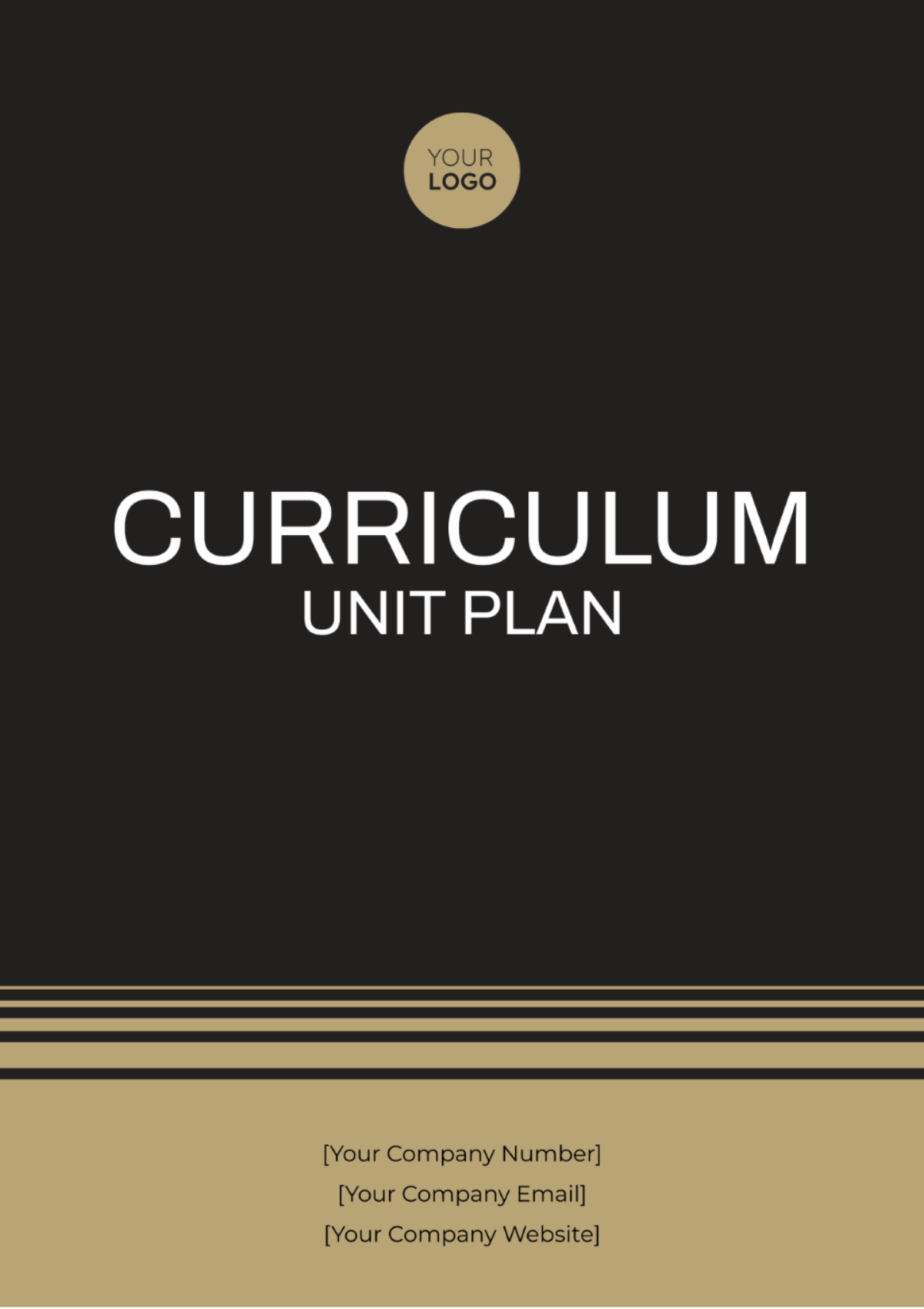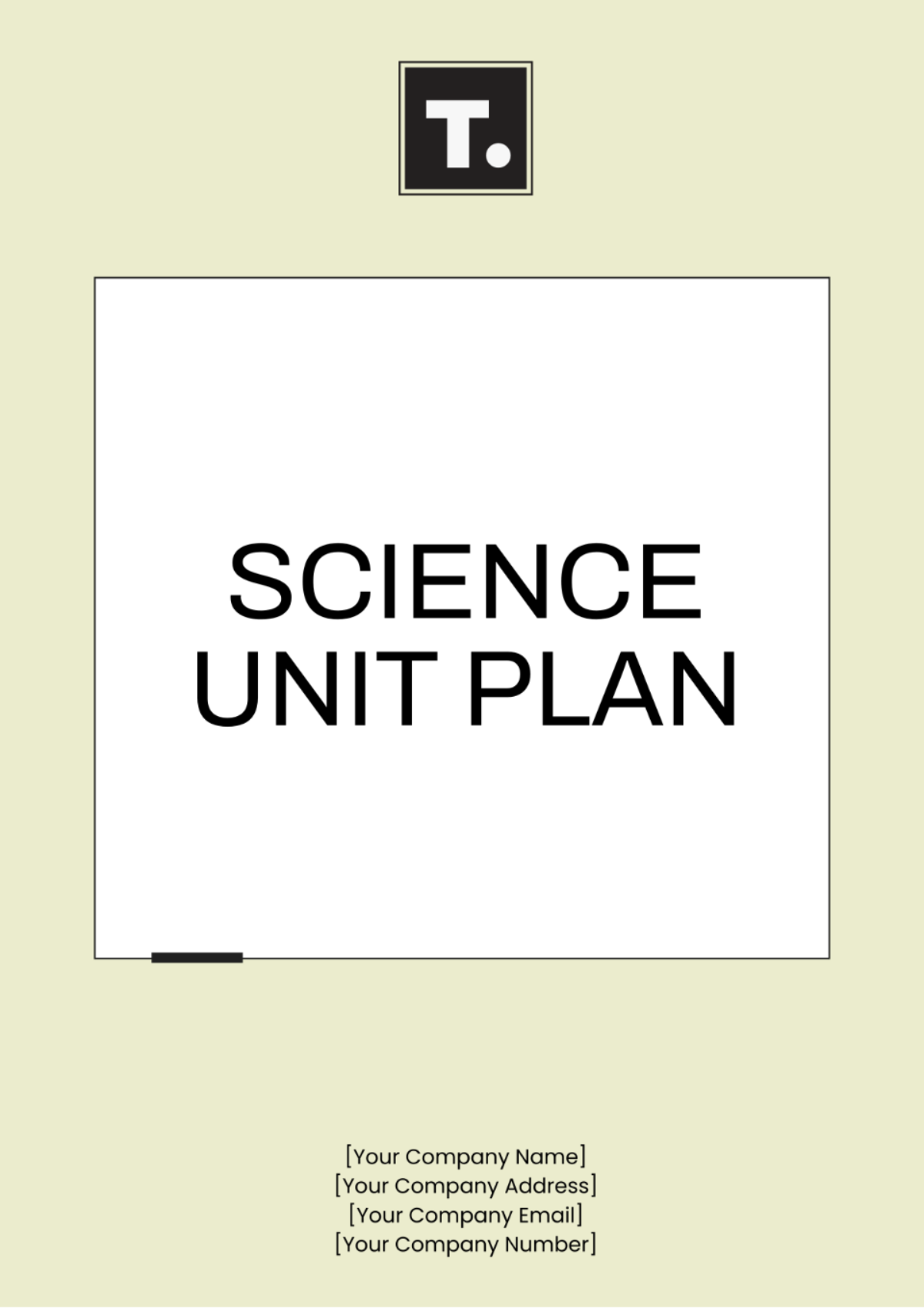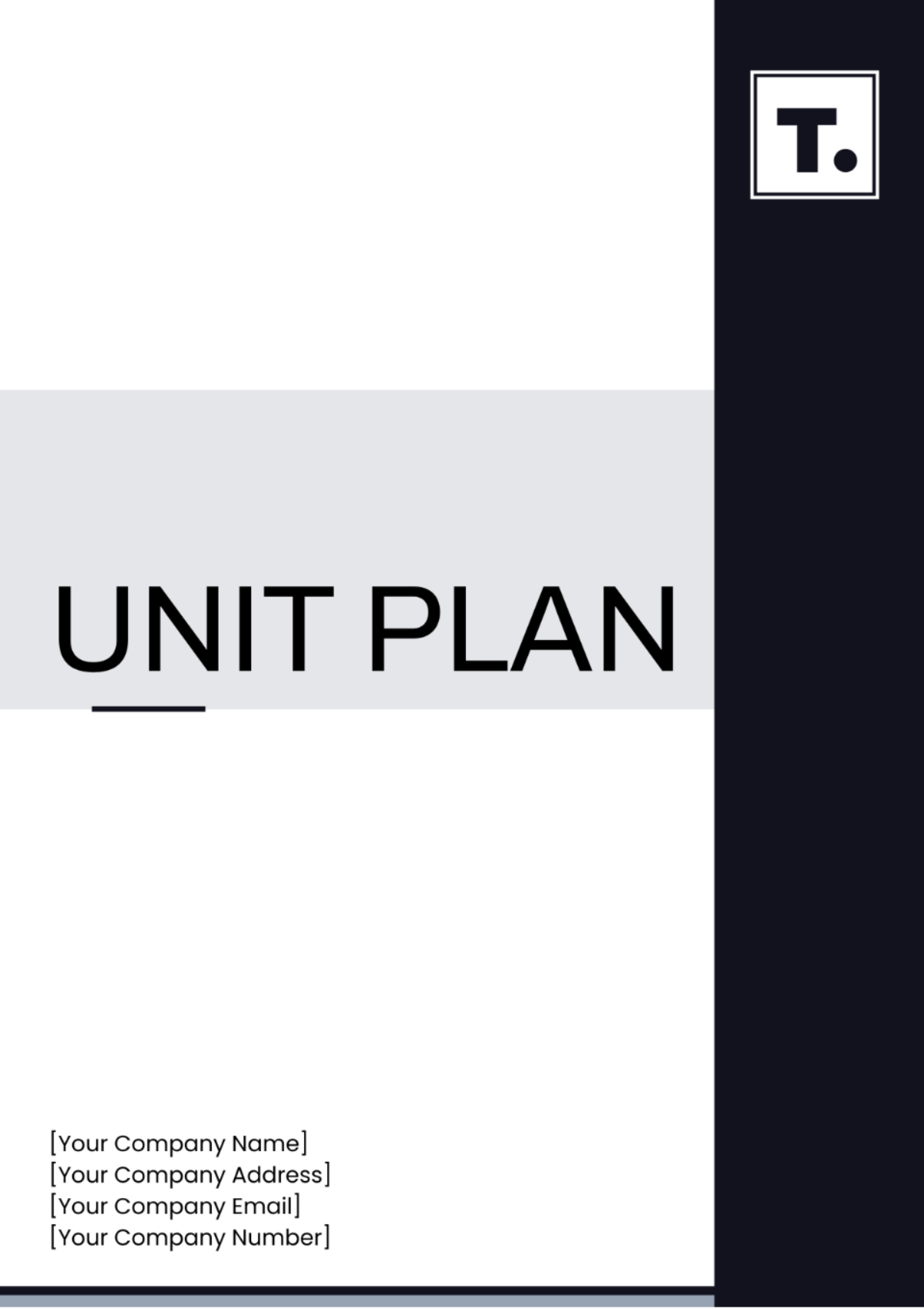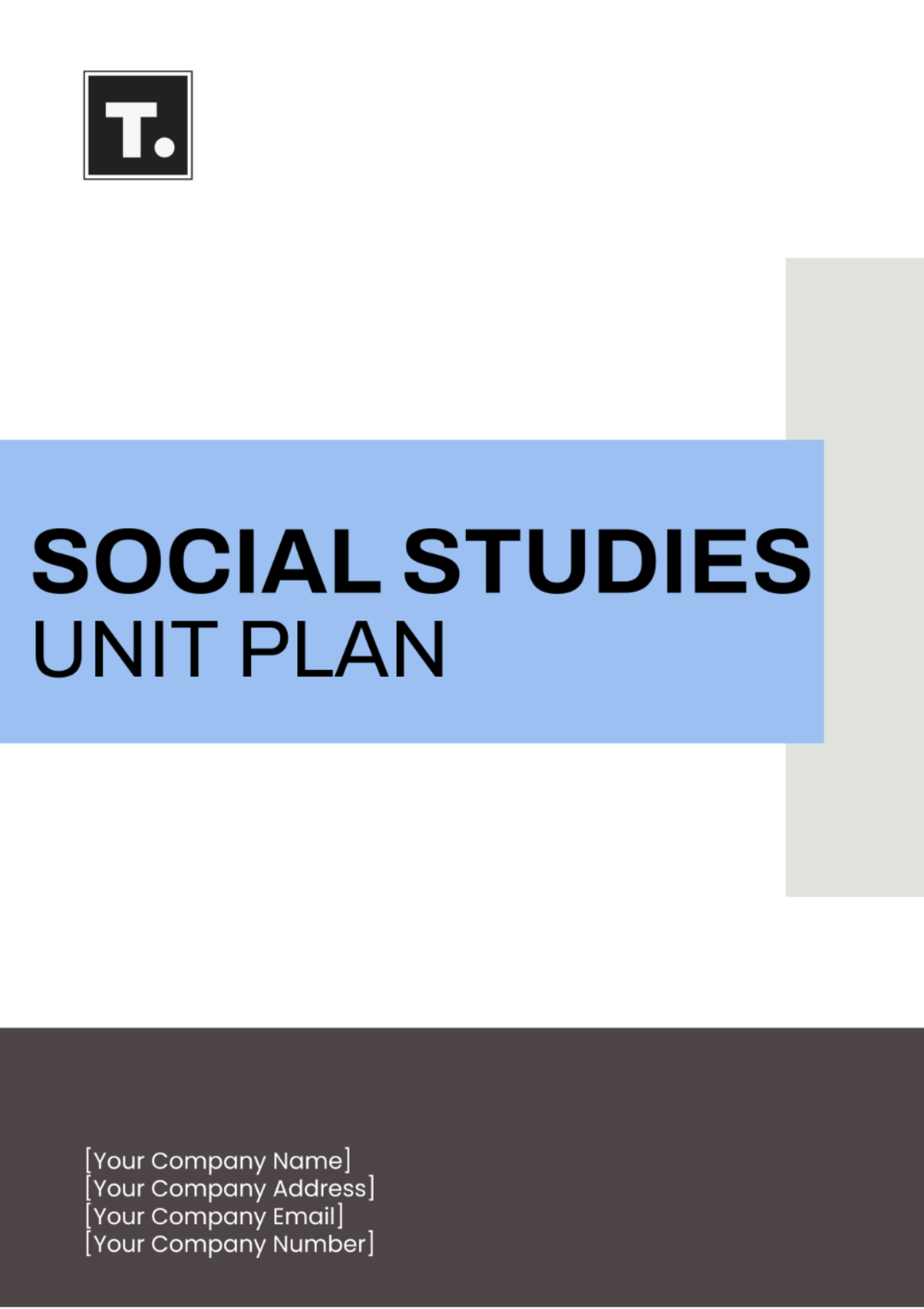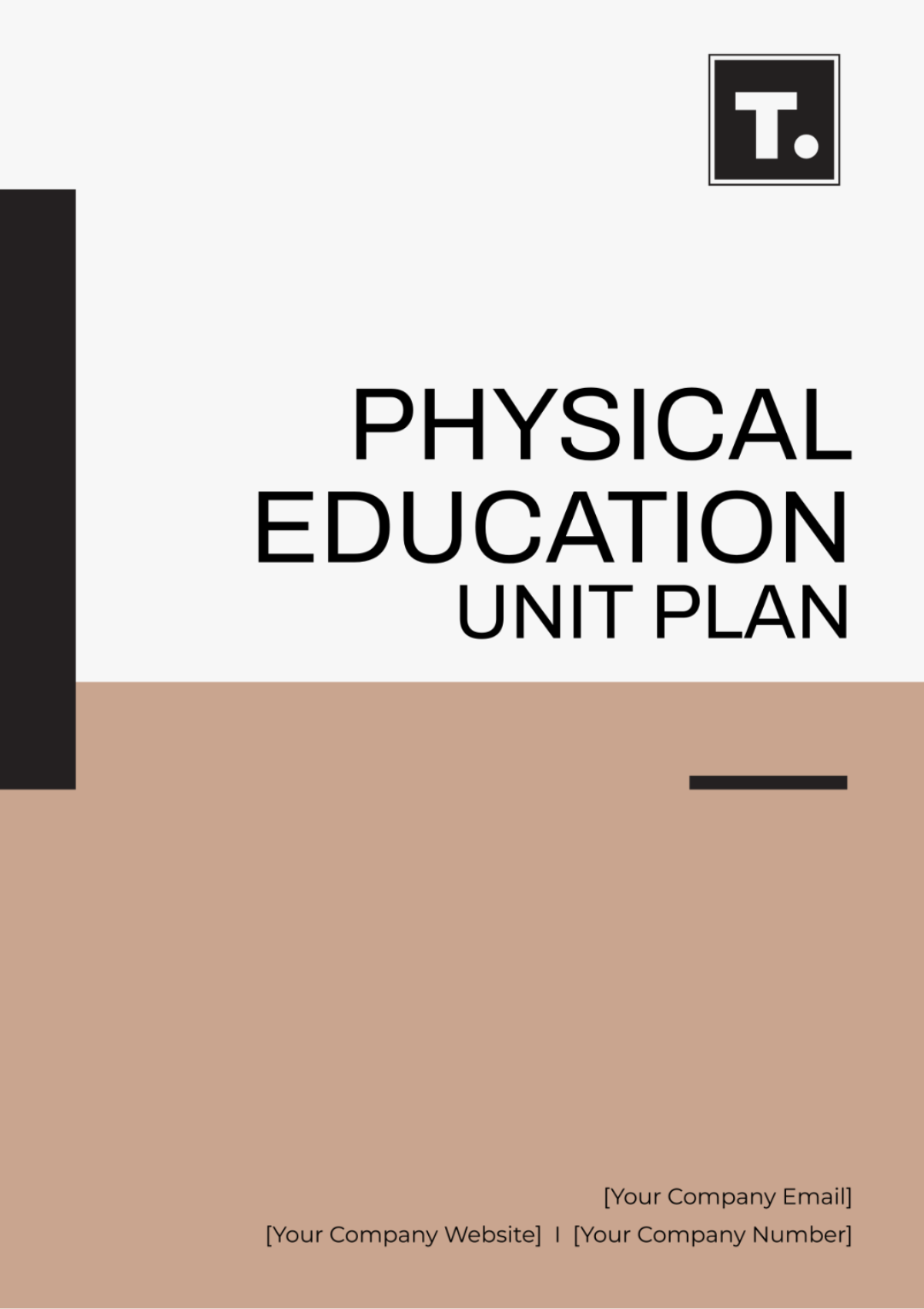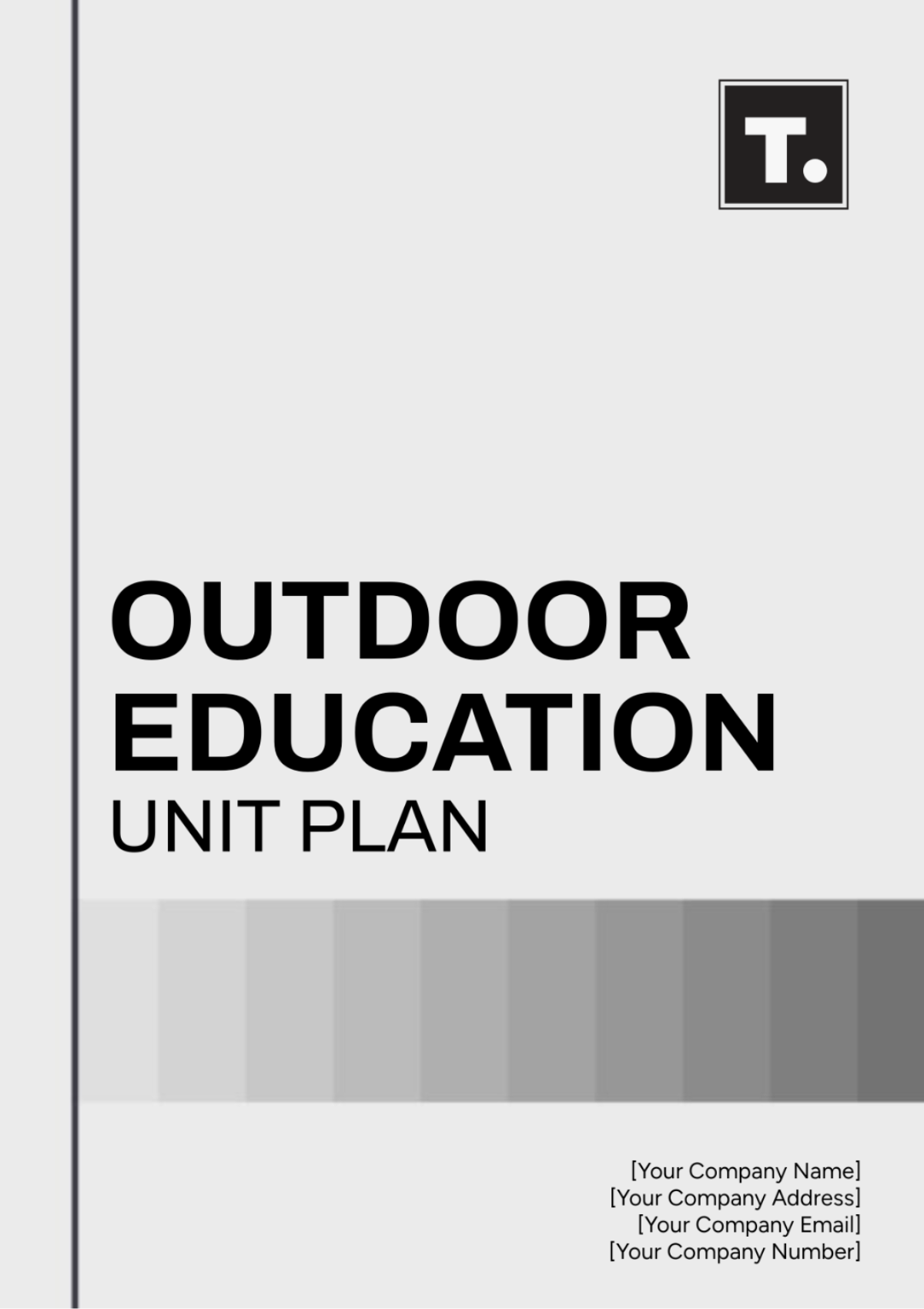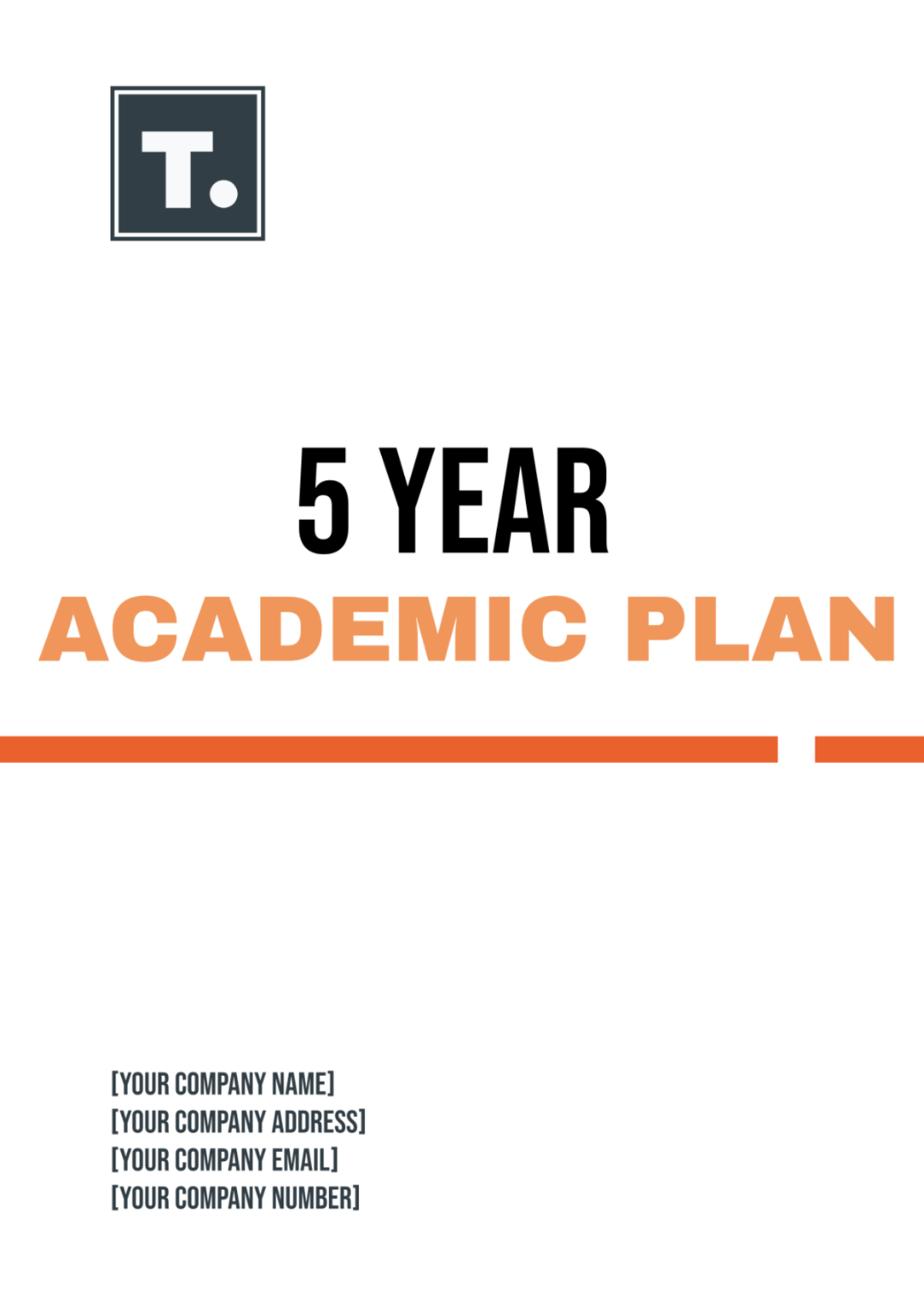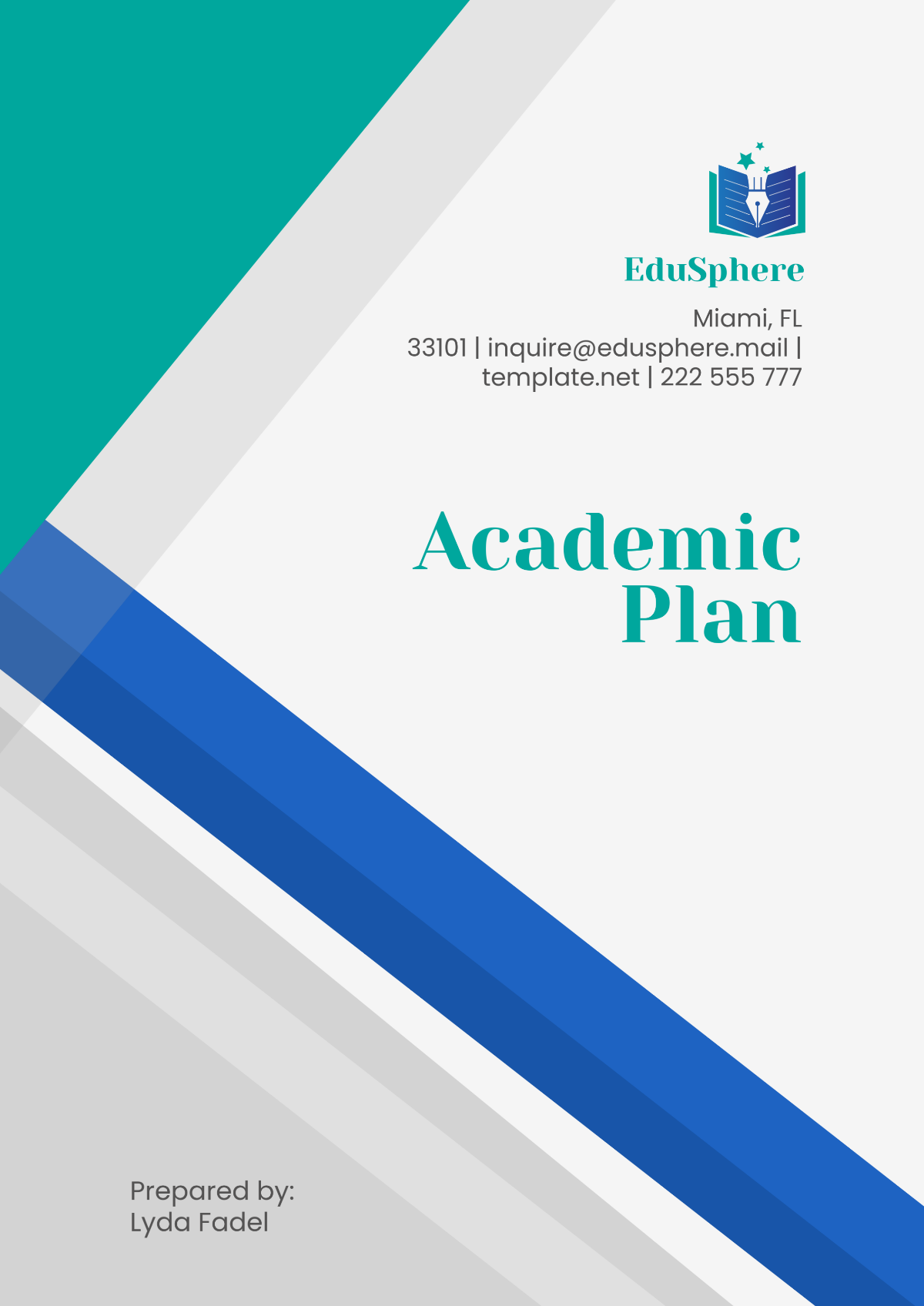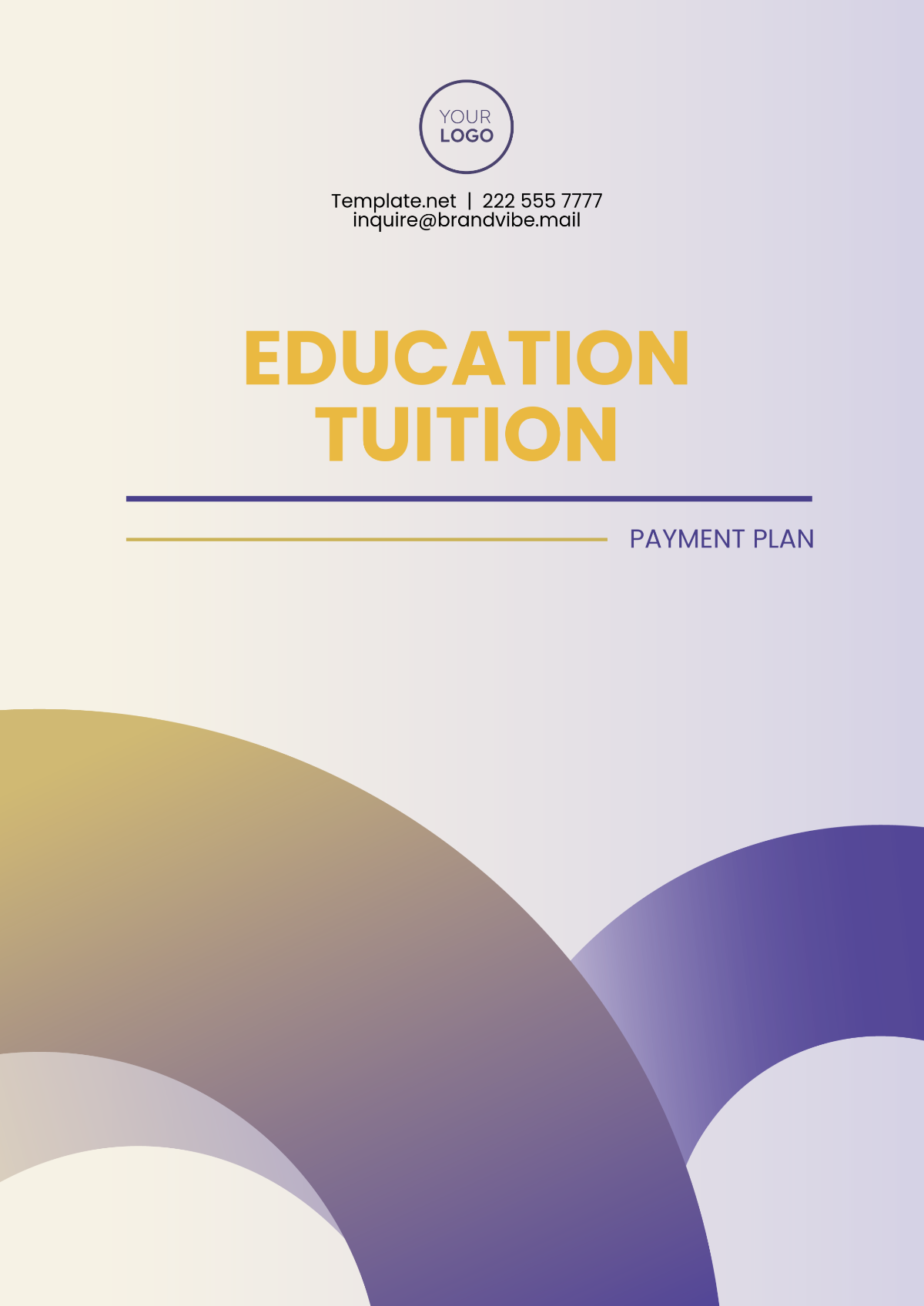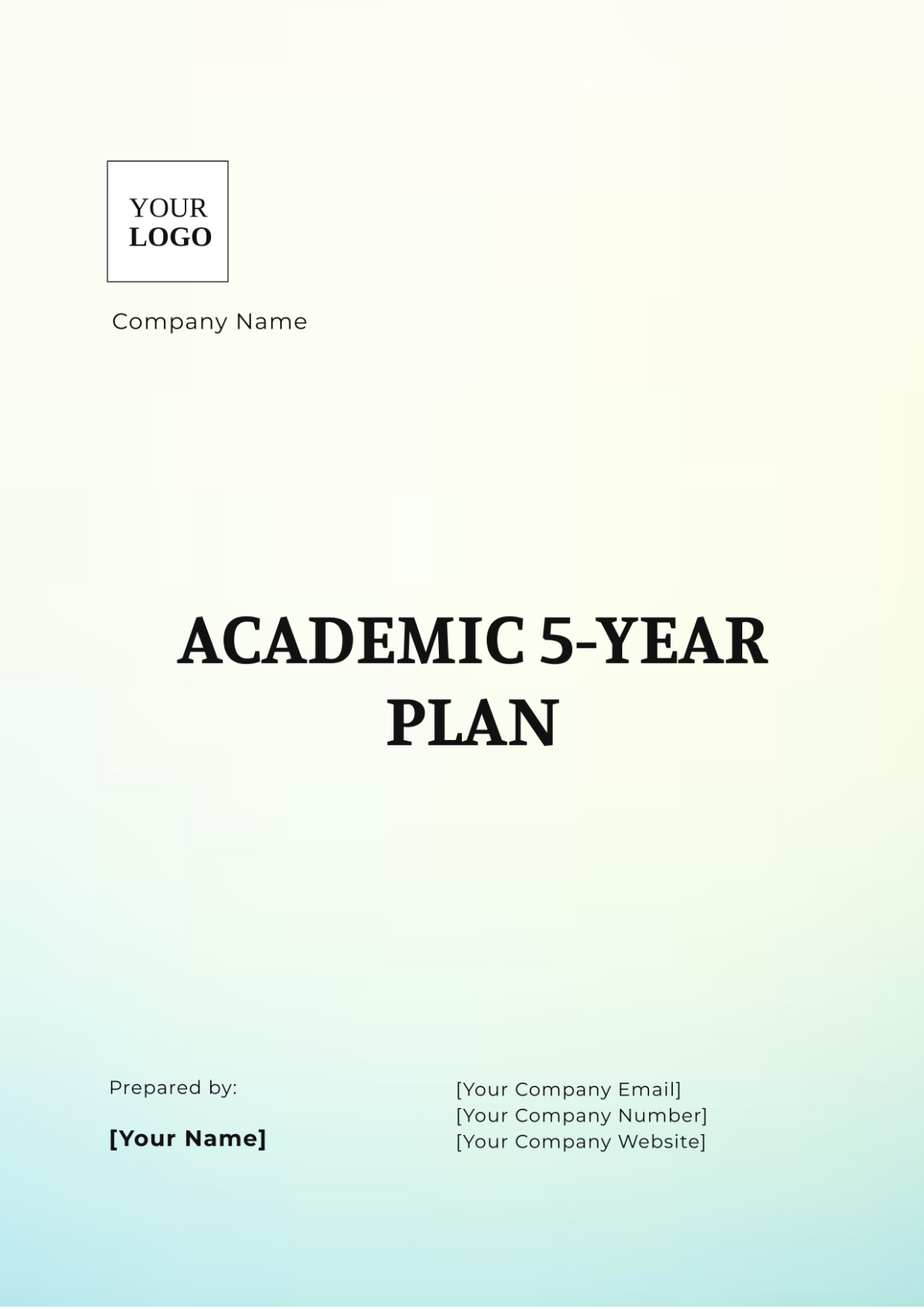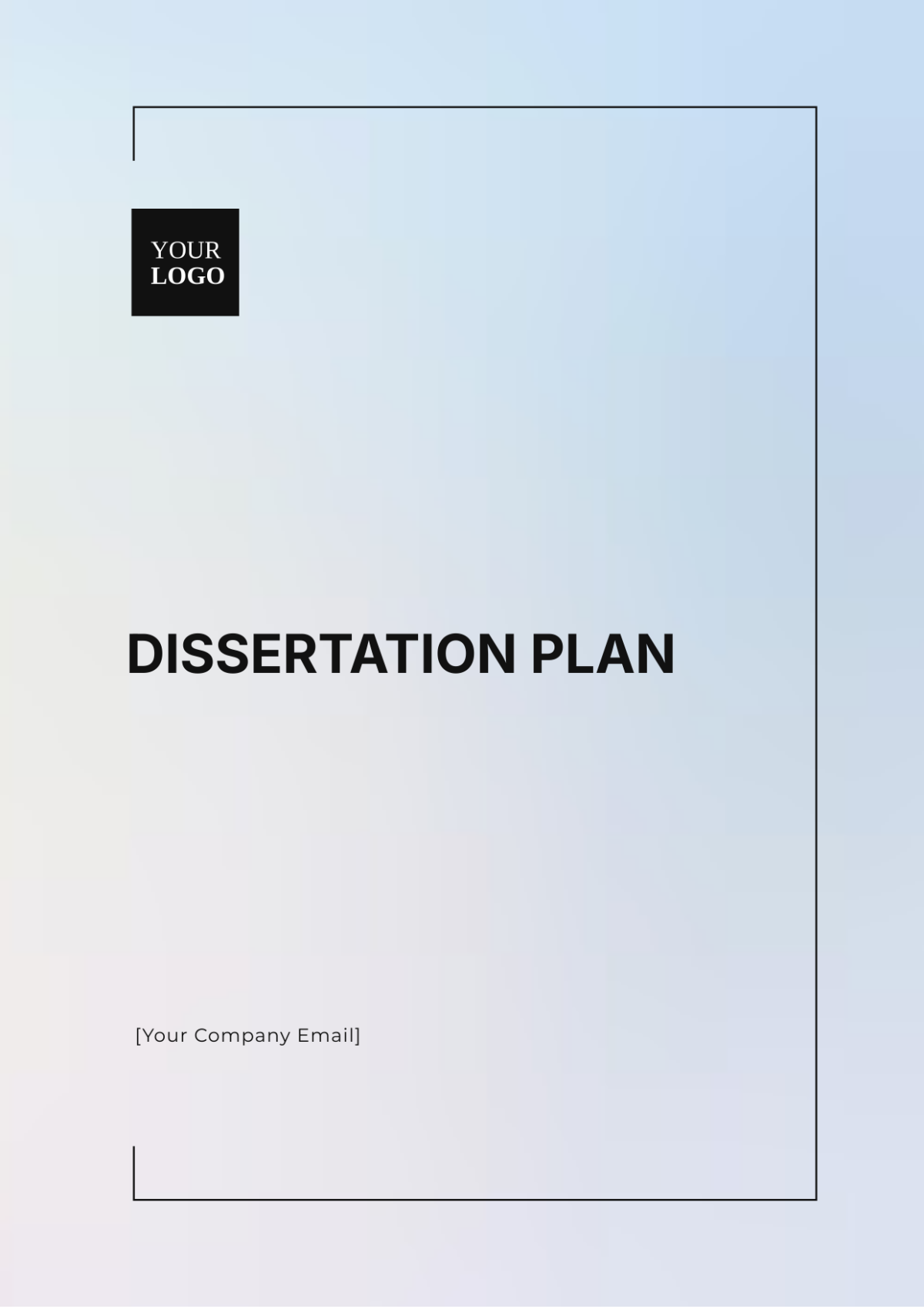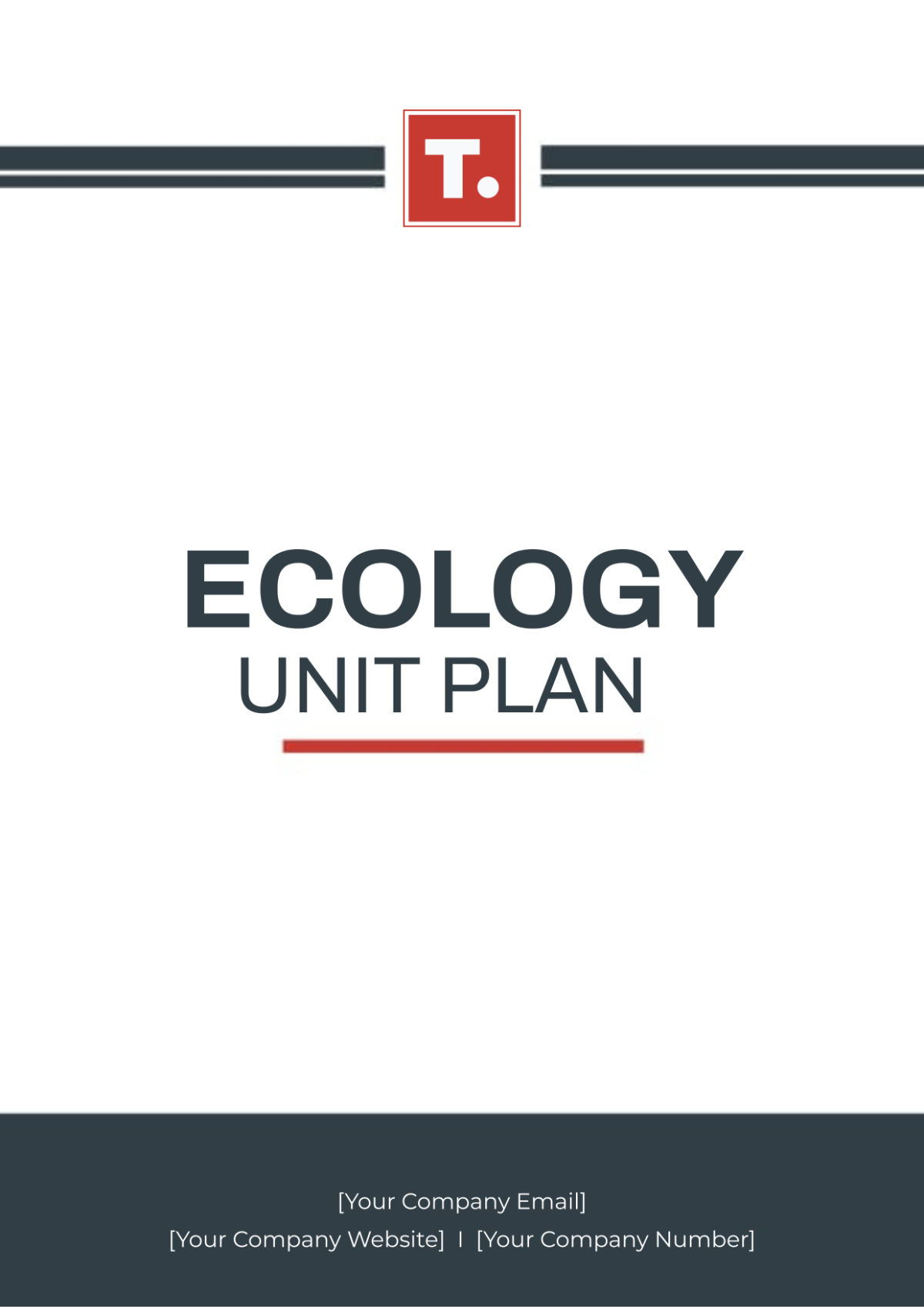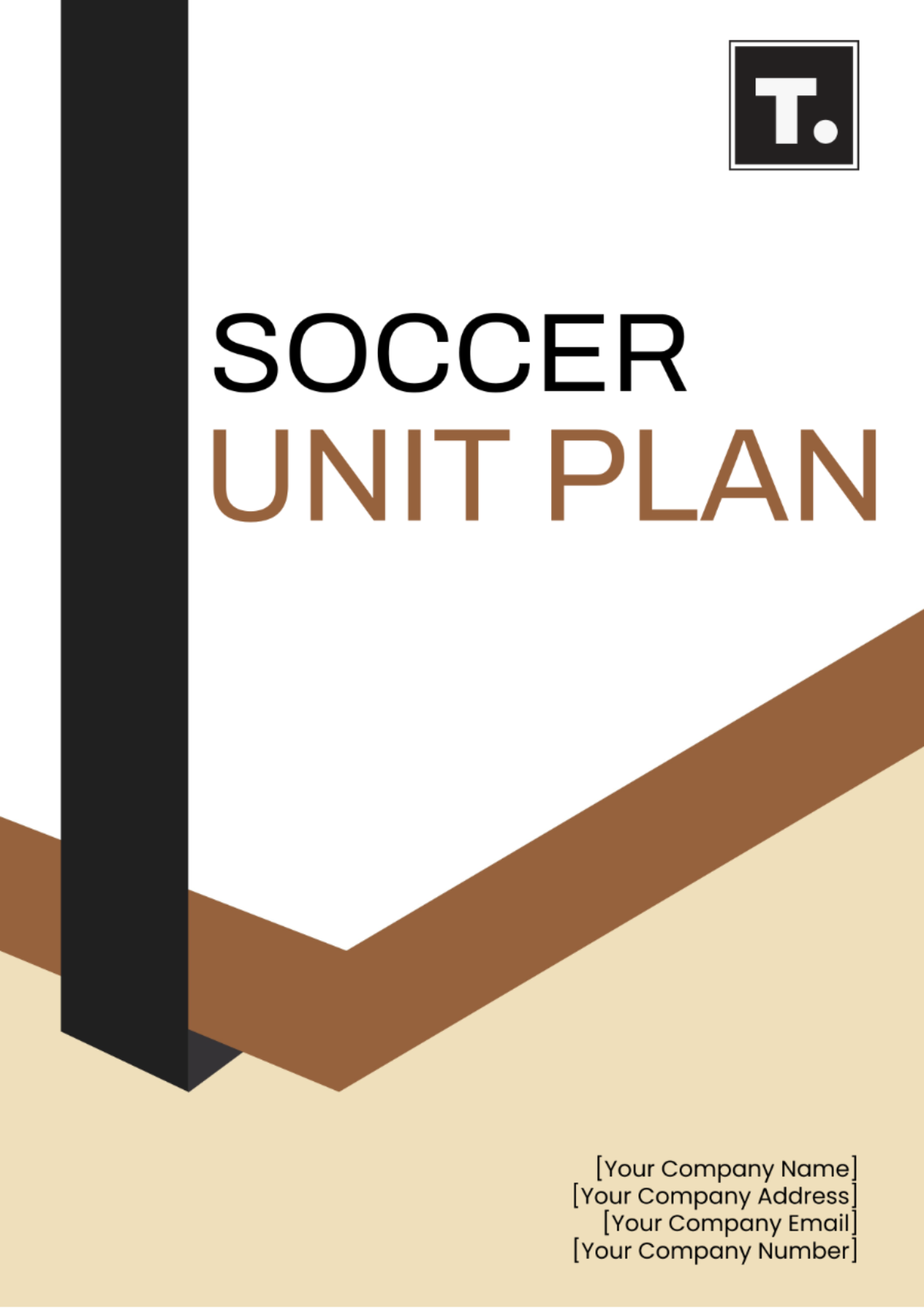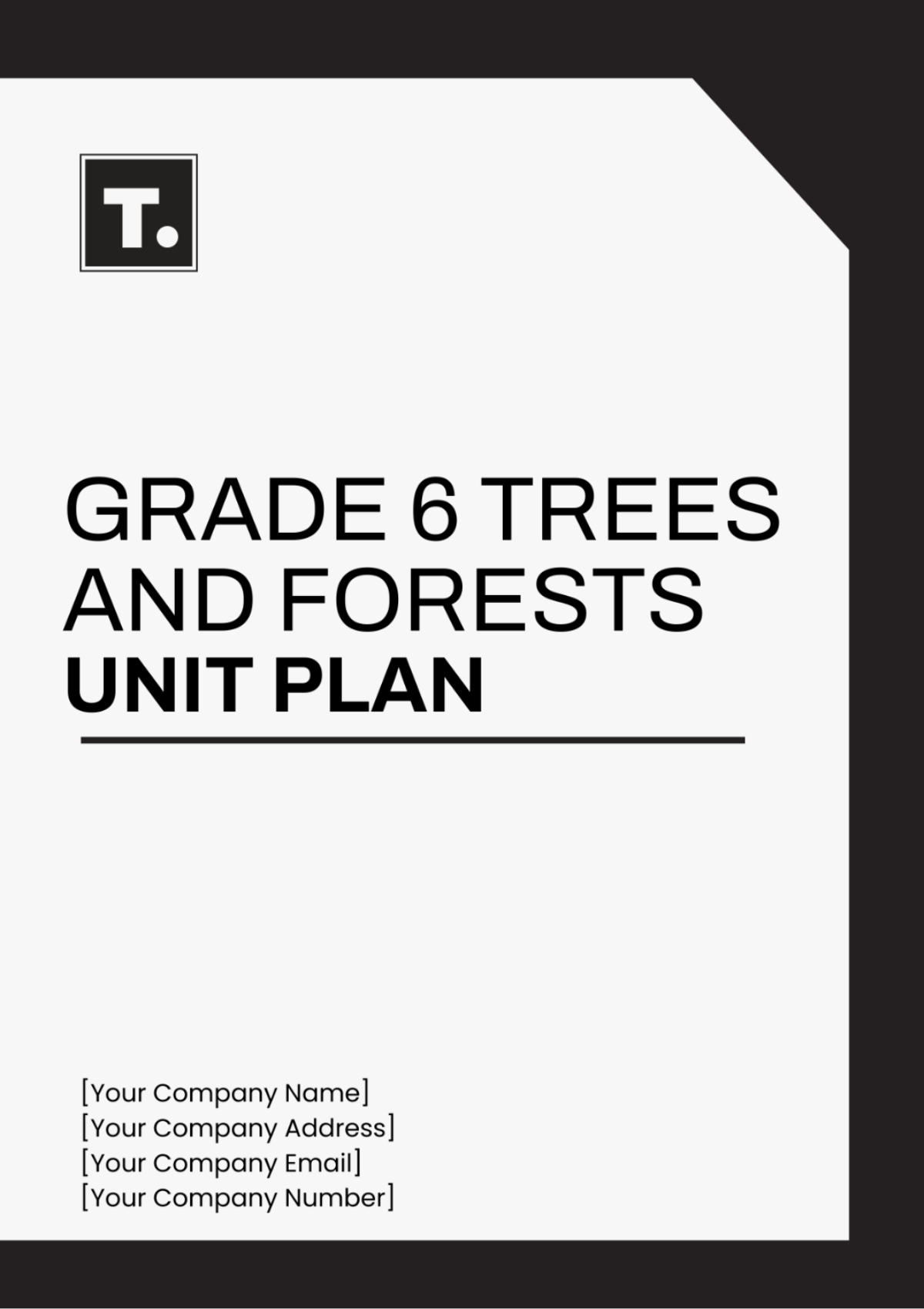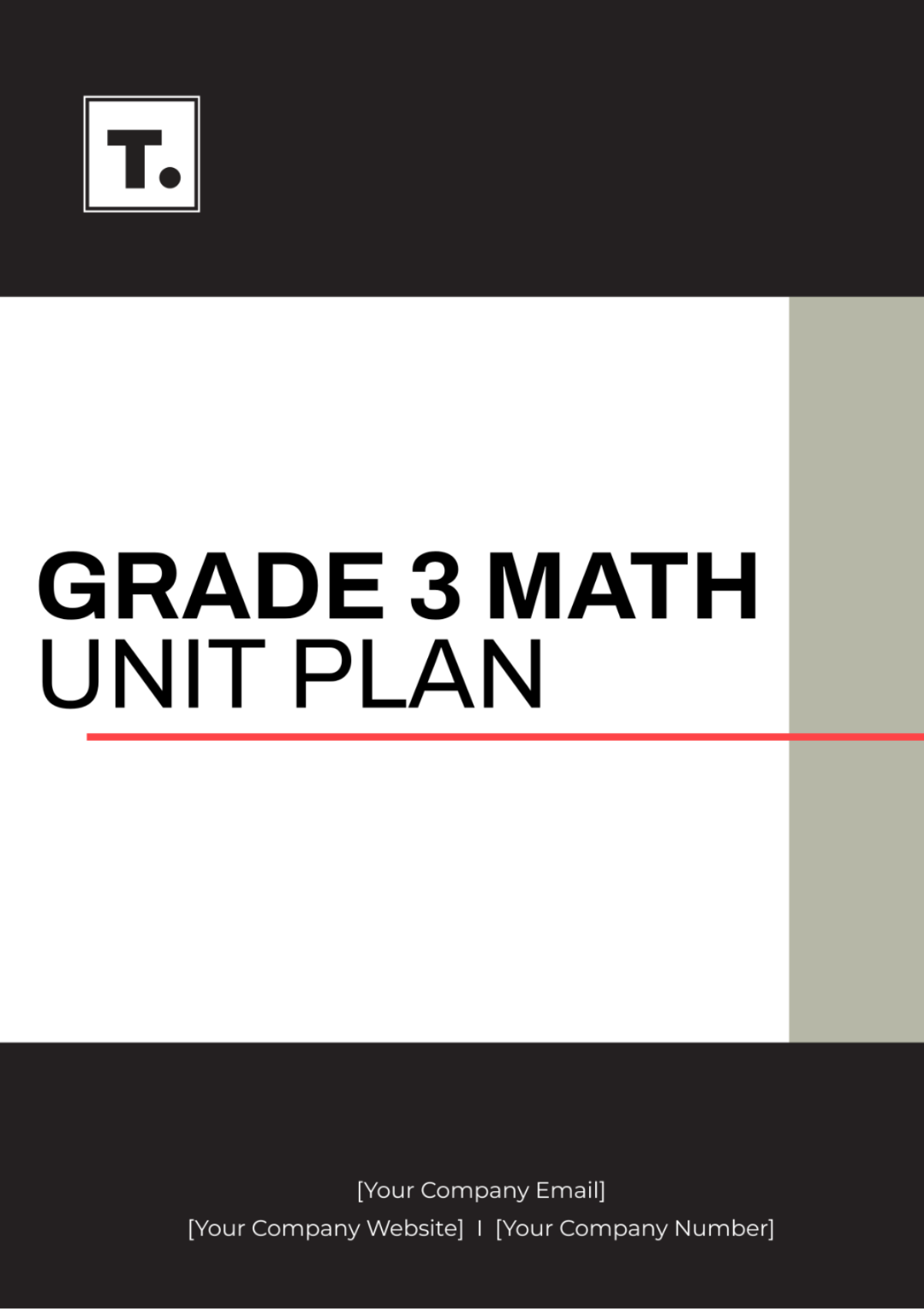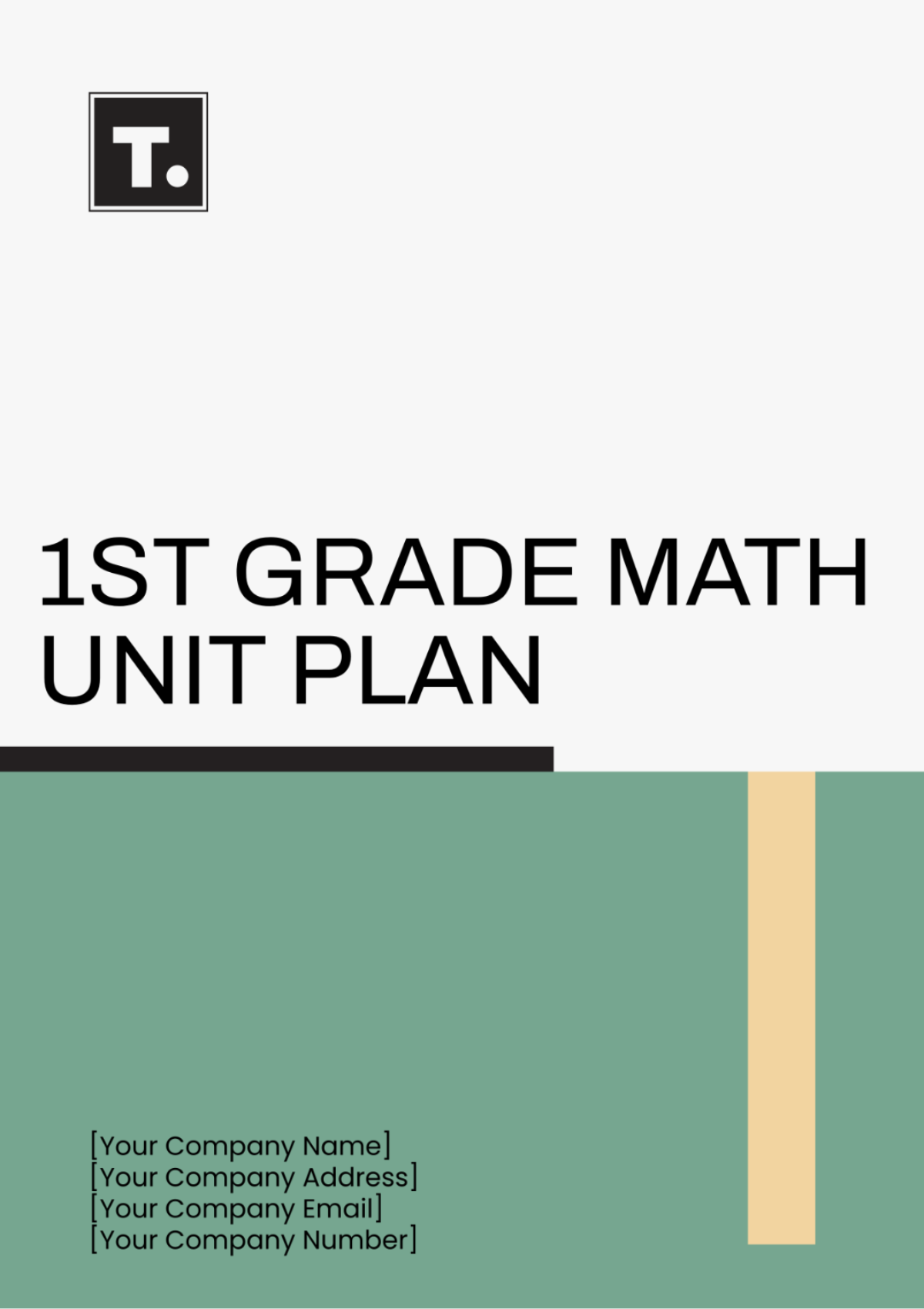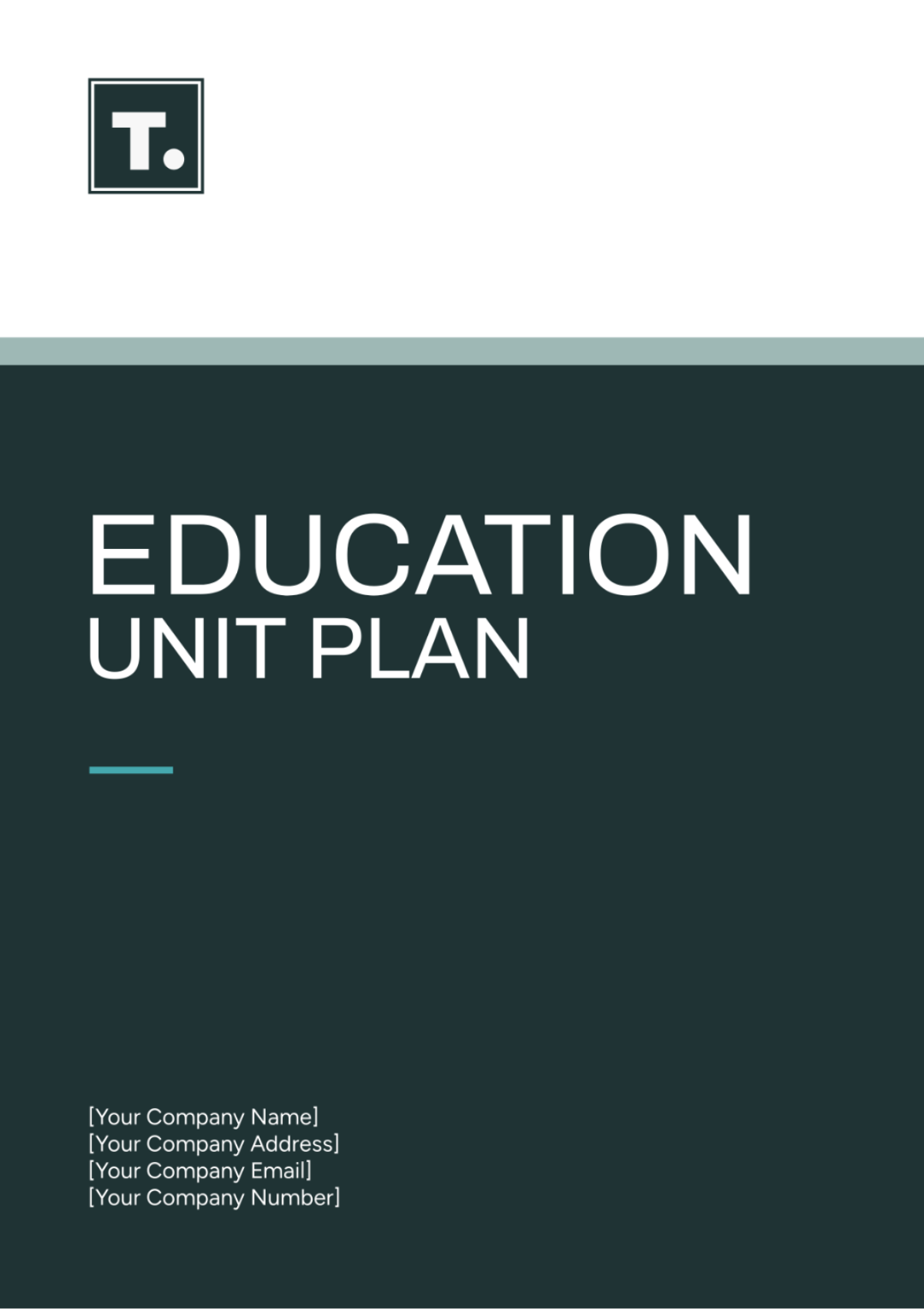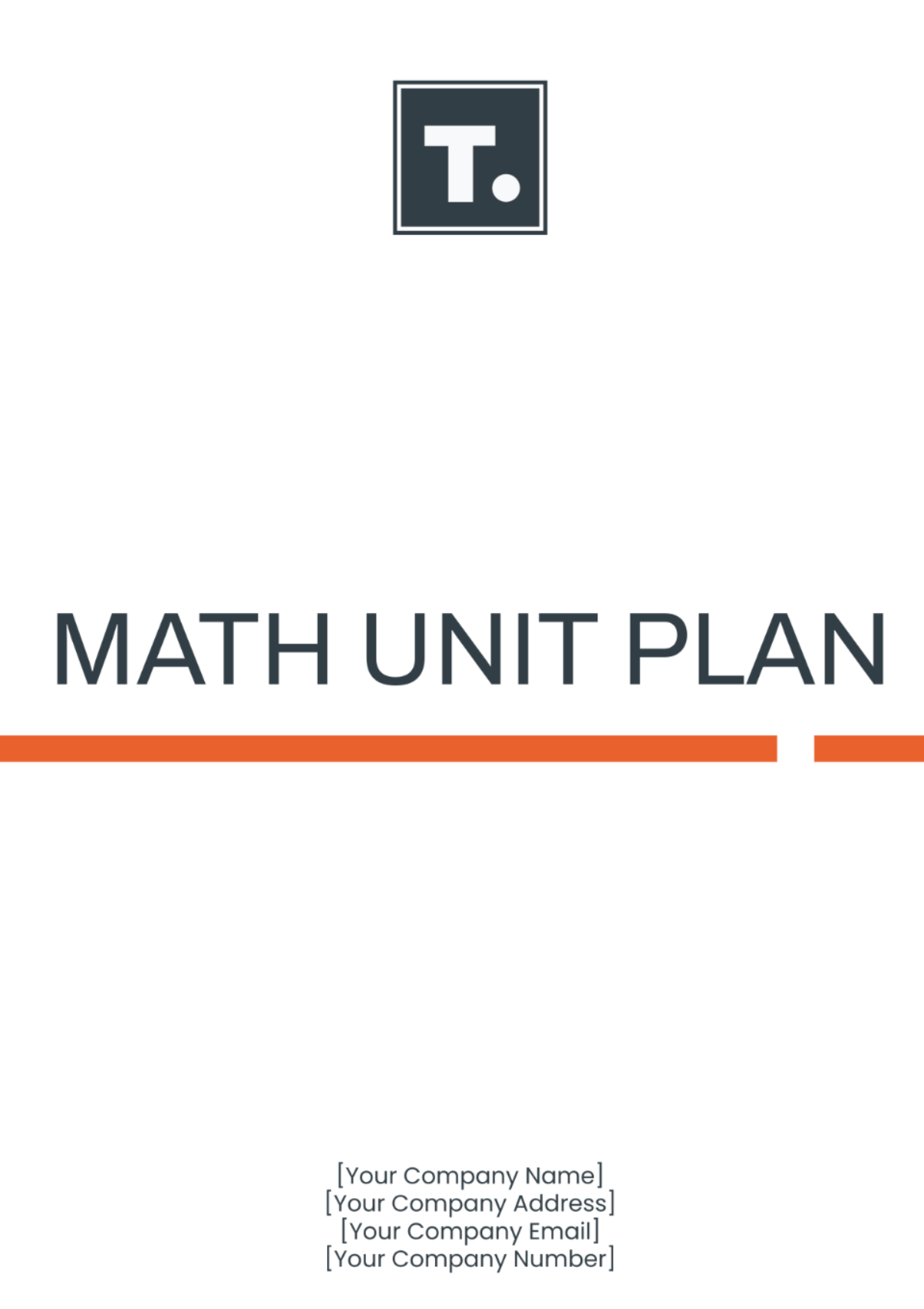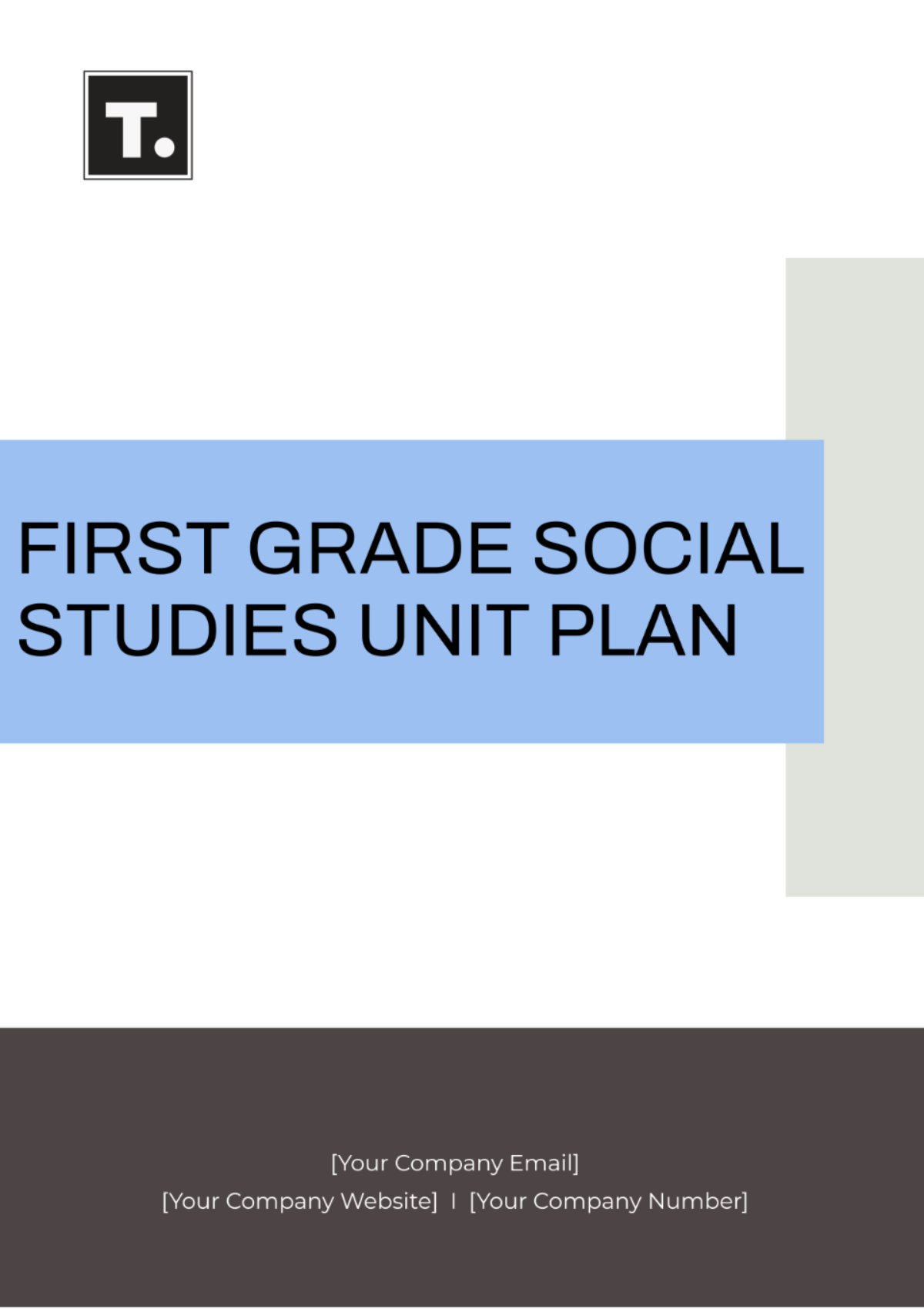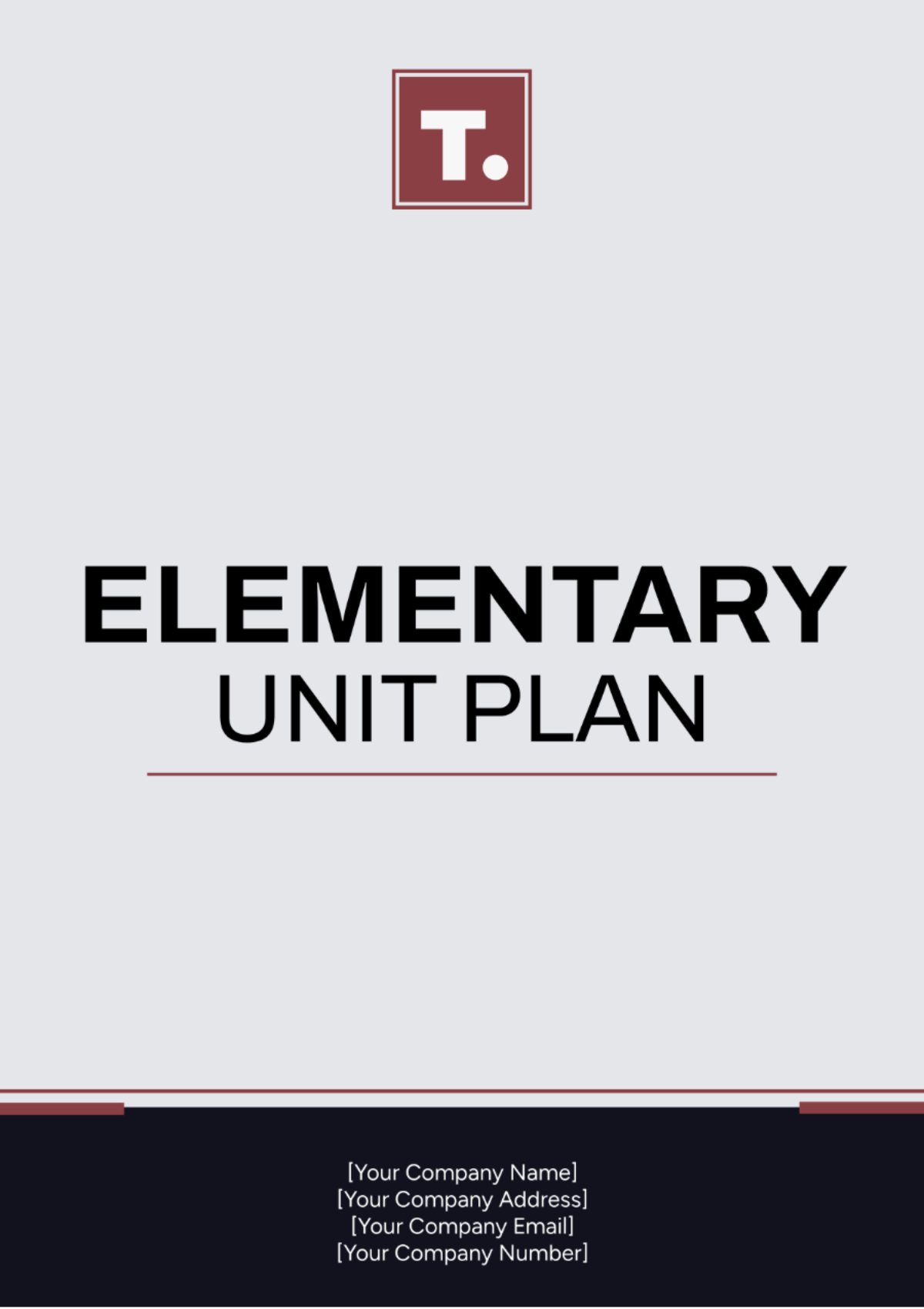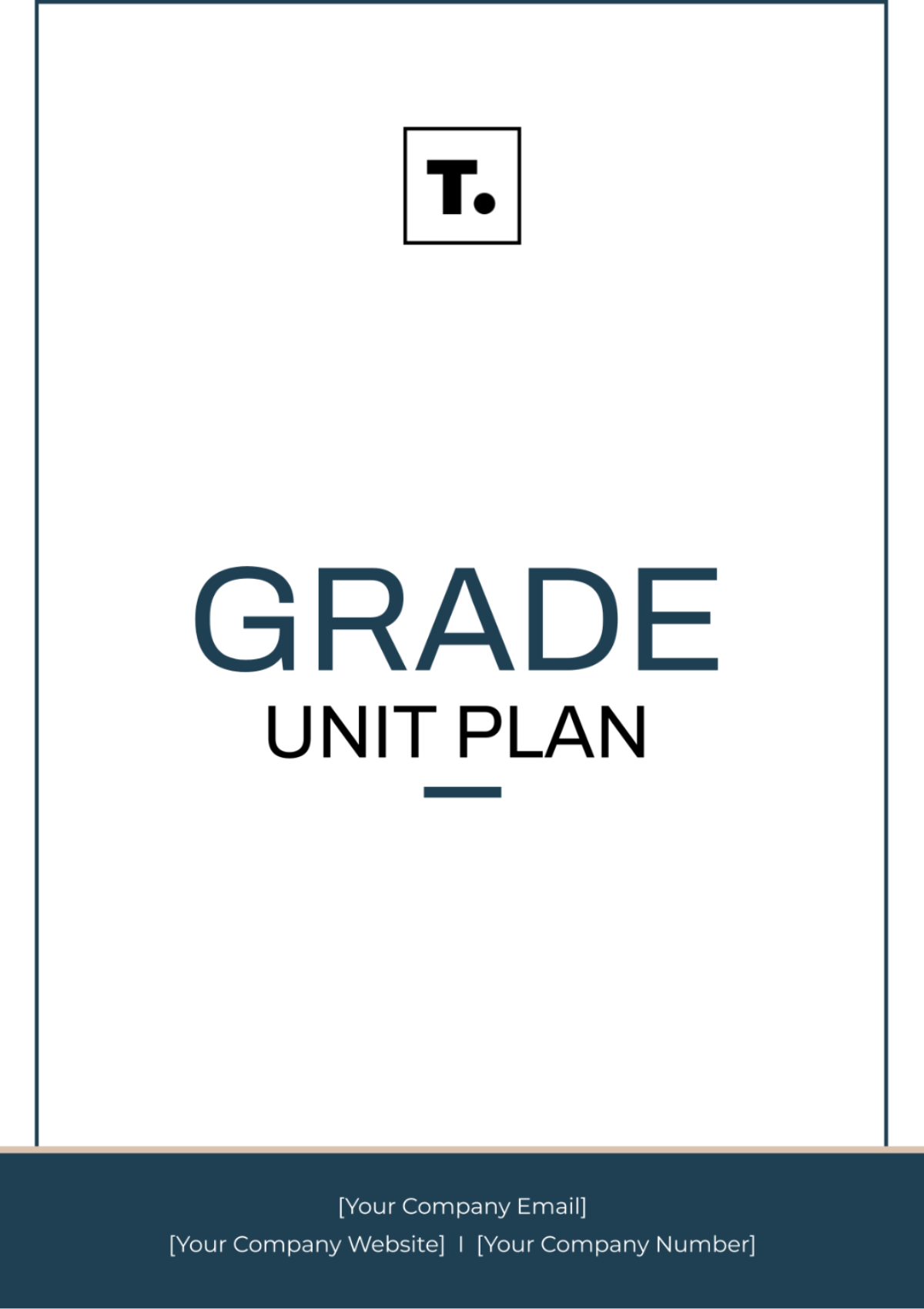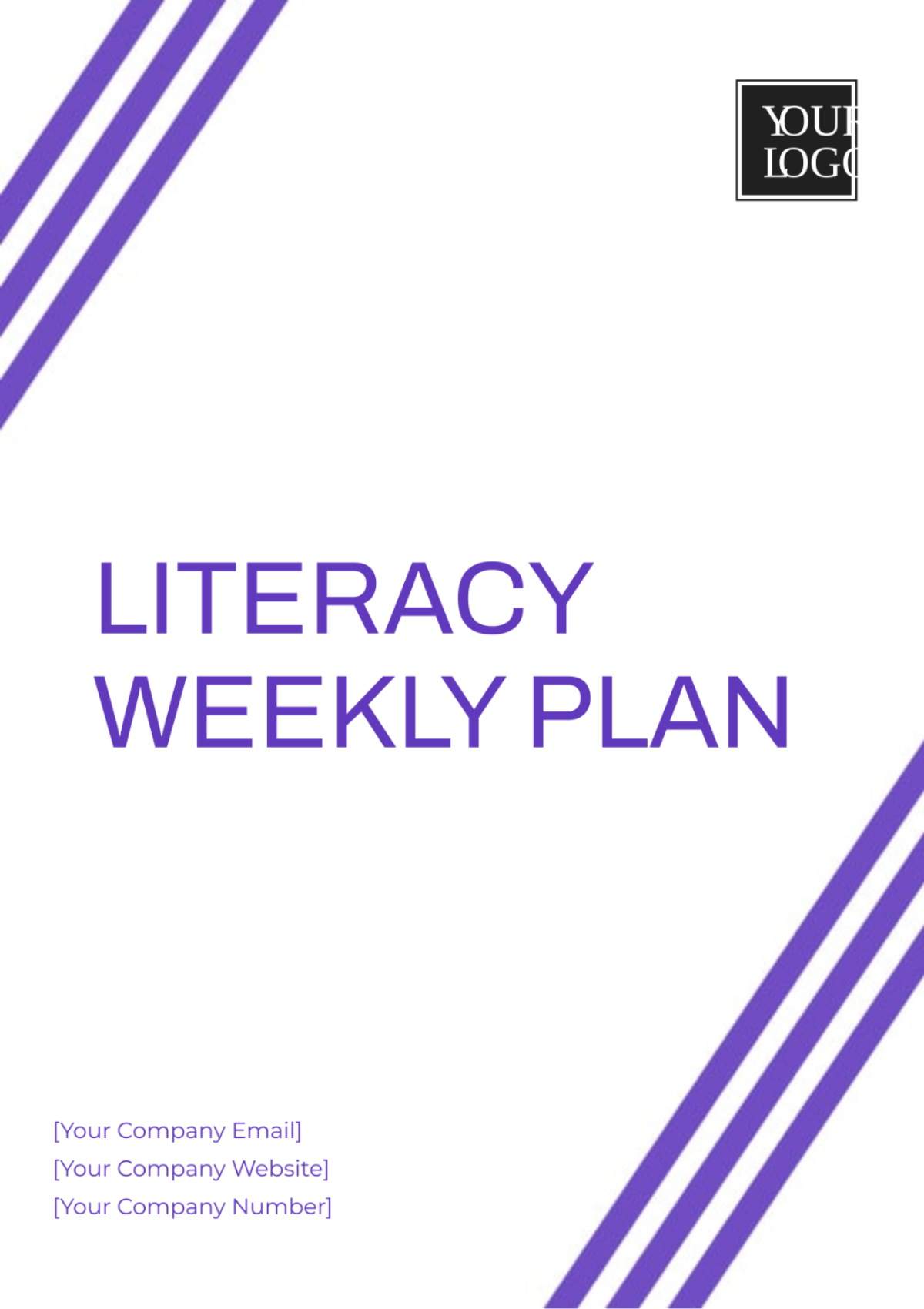Unit Plan
Prepared by: [Your Name] | Subject: Science |
Date: [Date] | Topic: Ecosystems |
I. Unit Overview
This "Exploring Ecosystems" unit introduces students to the concept of ecosystems, with a focus on understanding their components, interactions, and importance. This unit plan is designed for diverse learners with varied instructional strategies to engage them effectively.
II. Learning Objectives
Identify the components of an ecosystem.
Describe the relationships and interactions between different organisms in an ecosystem.
Understand the importance of ecosystems in sustaining life on Earth.
Analyze the effects of human activities on ecosystems.
III. Standards Alignment
This unit aligns with the following standards:
Standards Alignment | |
|---|---|
Next Generation Science Standards (NGSS) | MS-LS2-1, MS-LS2-2, MS-LS2-3 |
Common Core State Standards (CCSS) | Literacy in Science: RST.6-8.1, WHST.6-8.2 |
IV. Instructional Strategies
Direct Instruction: Engage students through dynamic lectures and multimedia presentations to introduce key concepts effectively.
Collaborative Learning: Foster cooperative learning environments through group discussions, peer teaching, and collaborative activities to promote critical thinking and peer interaction.
Hands-on Activities: Encourage experiential learning through hands-on experiments, inquiry-based investigations, and project-based learning to enhance student engagement and comprehension.
Technology Integration: Integrate interactive digital tools, educational apps, and online resources to enrich learning experiences, facilitate concept visualization, and promote digital literacy skills.
V. Assessment
Assessment methods to evaluate student learning:
Formative Assessments: Monitor student progress and understanding through ongoing assessments such as quizzes, exit tickets, and class discussions to provide timely feedback and guide instructional decisions.
Summative Assessments: Evaluate student mastery of unit objectives through comprehensive assessments, including unit tests, culminating projects, and presentations, to measure learning outcomes and inform future instruction.
VI. Resources
Materials and resources needed for the unit:
Textbooks:
"Ecology: Concepts and Applications" by Manuel C. Molles Jr.
"Environmental Science" by Richard T. Wright and Dorothy F. Boorse
Digital Tools:
Interactive simulations and educational videos on ecosystems and environmental science topics from reputable online platforms such as National Geographic Education and Khan Academy.
Access to educational websites and online databases for research and supplementary materials.
Lab Materials:
Observation kits including magnifying glasses, binoculars, and field guides for outdoor explorations.
Plant samples, soil testing kits, and other laboratory equipment for hands-on experiments and investigations.
Microscopes, slides, and specimen jars for observing microscopic organisms and ecological samples.
Reference Websites:
[Your Company Website]: Access additional resources, lesson plans, and professional development opportunities tailored to support educators in teaching ecosystem concepts effectively.
National Geographic's "Ecosystems" interactive website: Explore virtual ecosystems, interactive maps, and multimedia resources to enhance student understanding of ecosystem dynamics and biodiversity.
VII. Lesson Plan Schedule
Lesson | Topic | Activities | Assessment |
|---|---|---|---|
Lesson 1 | Introduction to Ecosystems | Lecture, video presentation, class discussion | Quiz, participation in discussion |
Lesson 2 | Components of an Ecosystem | Group activity, chart creation | Group presentation |
Lesson 3 | Interactions within an Ecosystem | Role-playing, scenario analysis | Written report |
VIII. Differentiation and Modifications
Student Type | Modifications |
|---|---|
English Language Learners (ELL) | Provide visual aids, simplified instructions, and use of peer support |
Students with Special Needs | Offer additional time, use of assistive technology, and one-on-one support |
Advanced Learners | Provide enrichment activities, encourage independent research |
IX. Reflection and Adjustment
At the end of the unit, teachers should evaluate the effectiveness of the unit plan and make necessary adjustments for future implementation. Teachers can utilize feedback from students and their own observations to enhance the unit.
